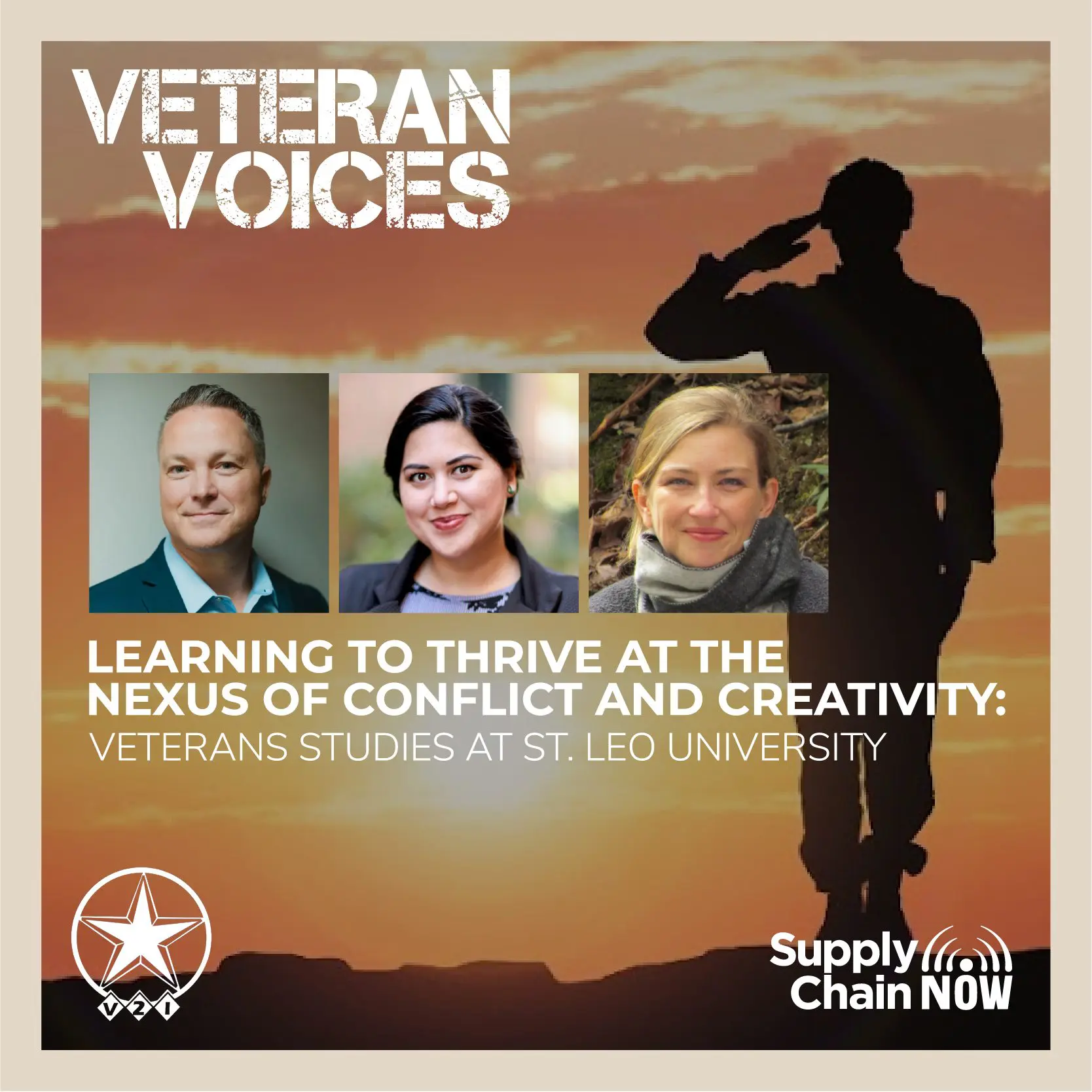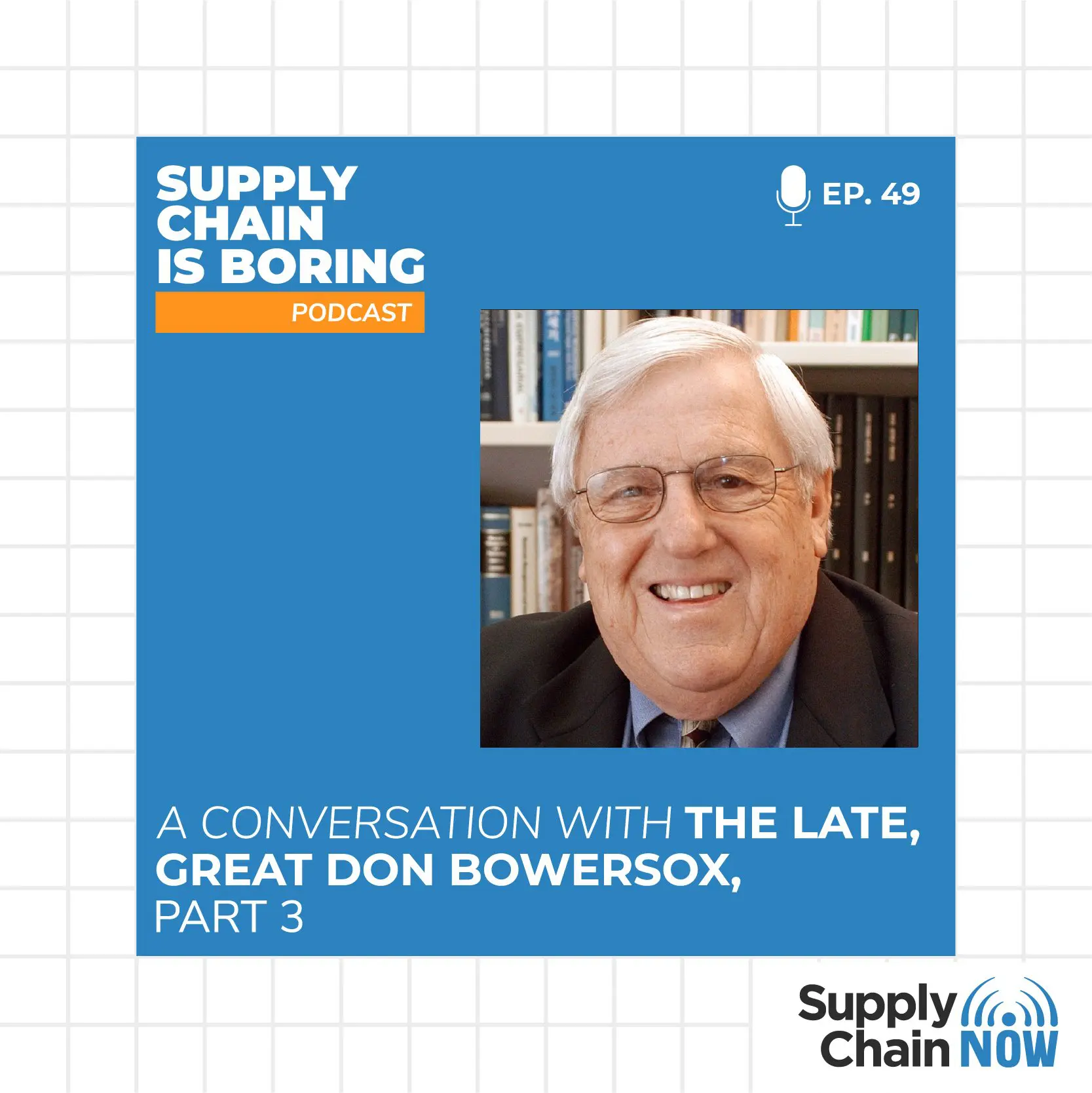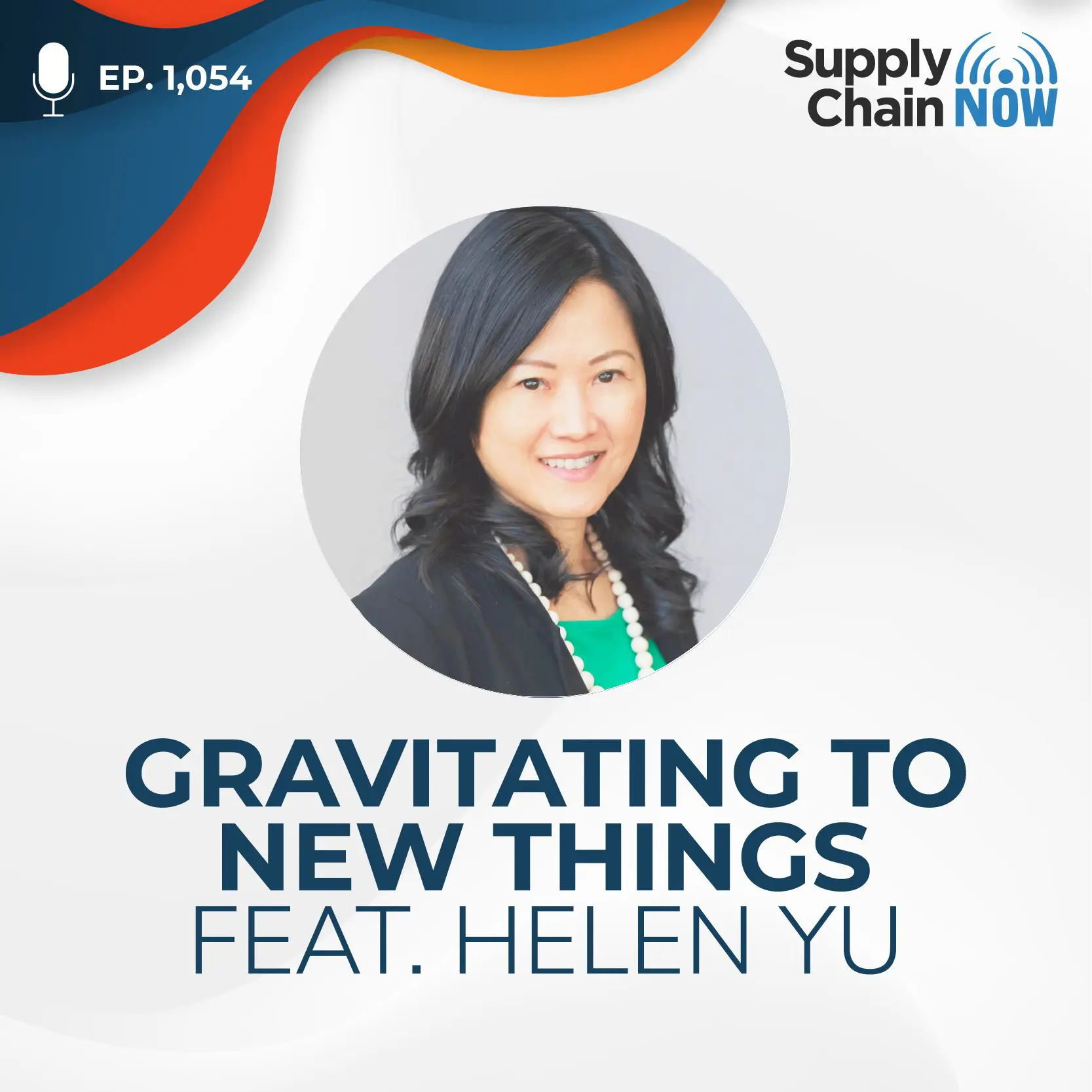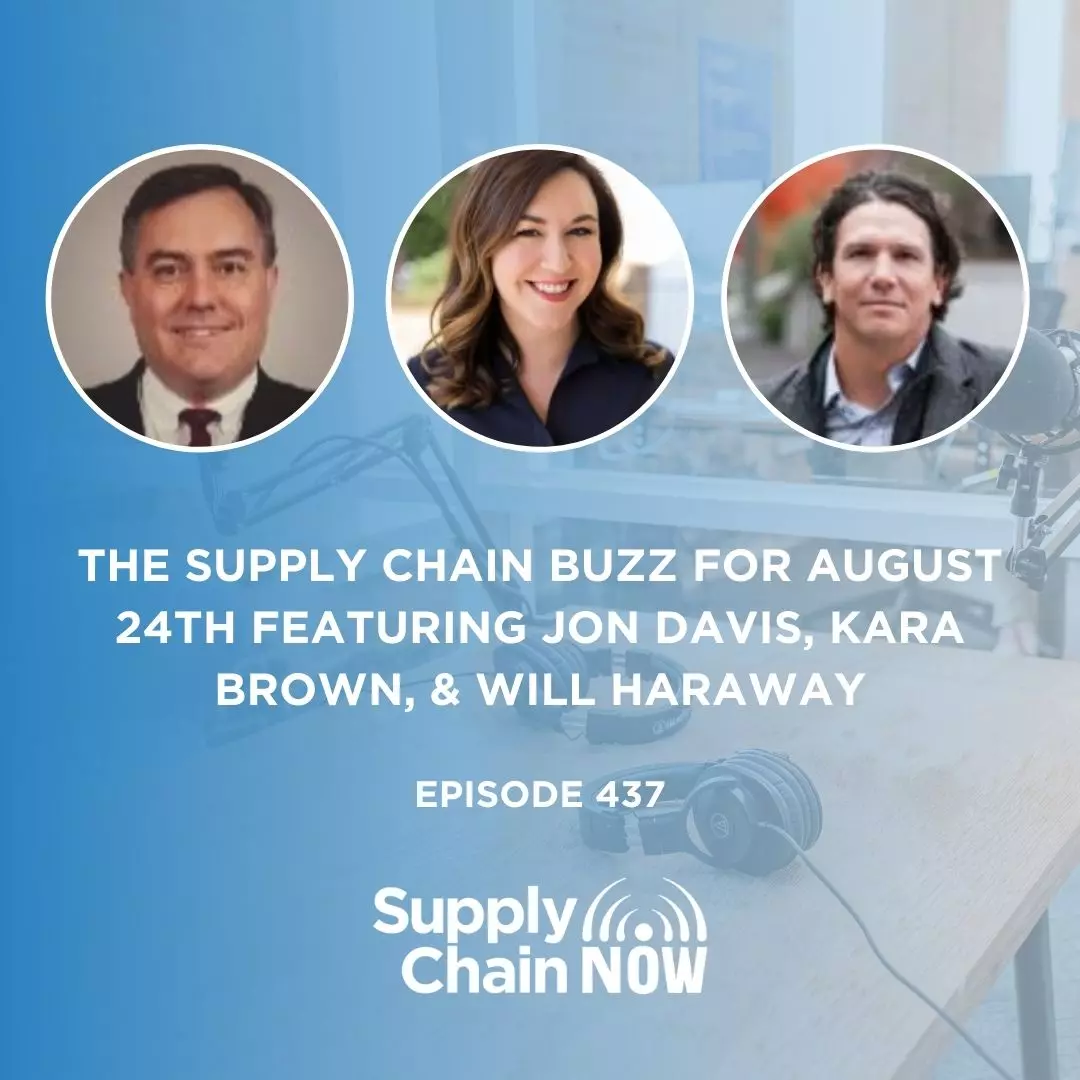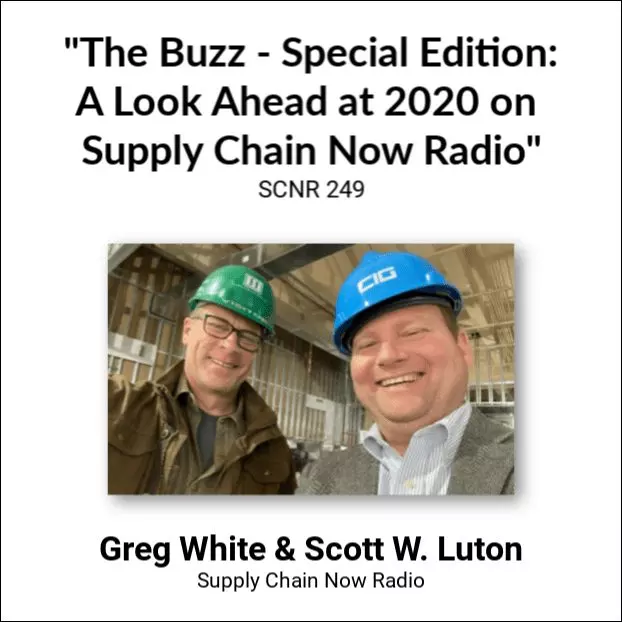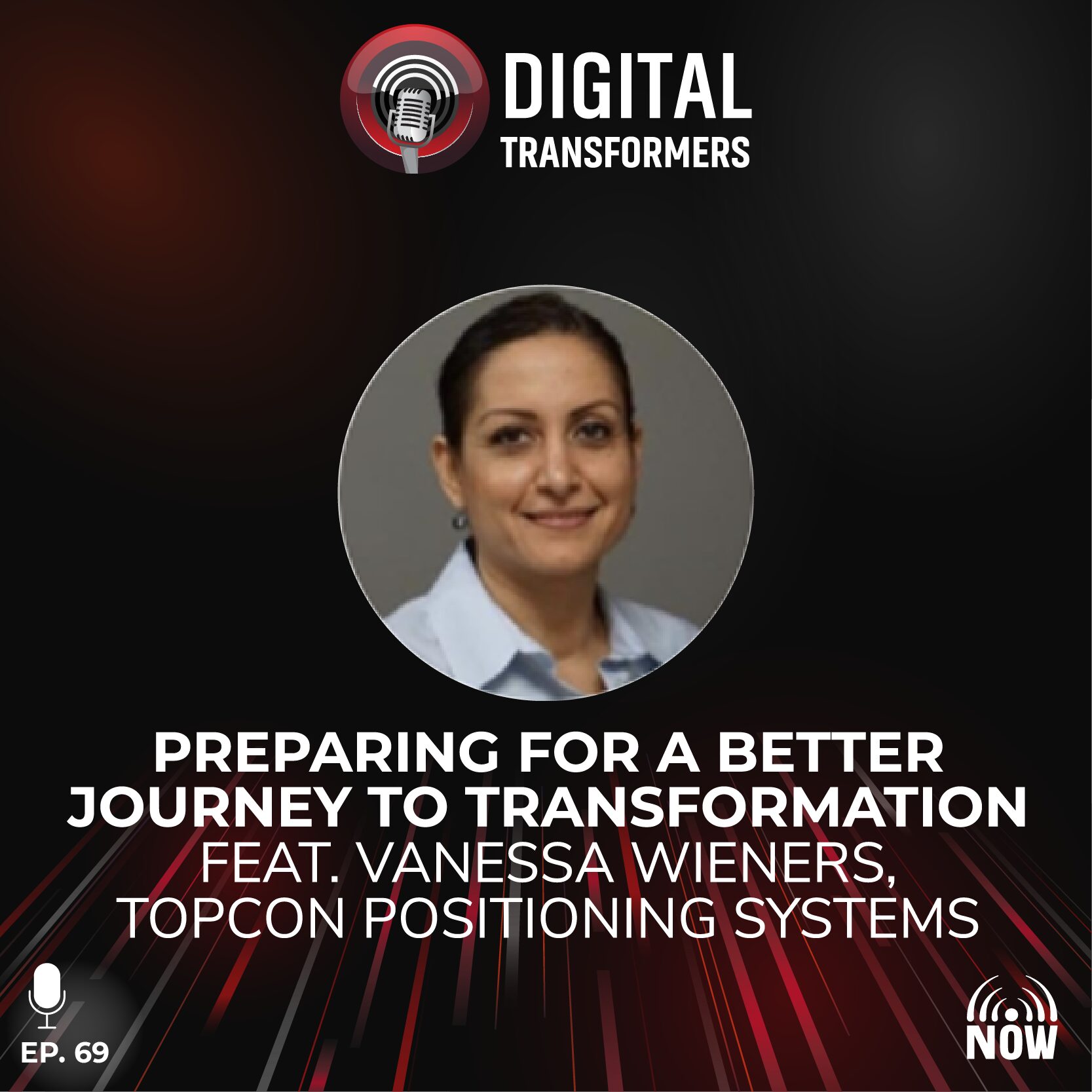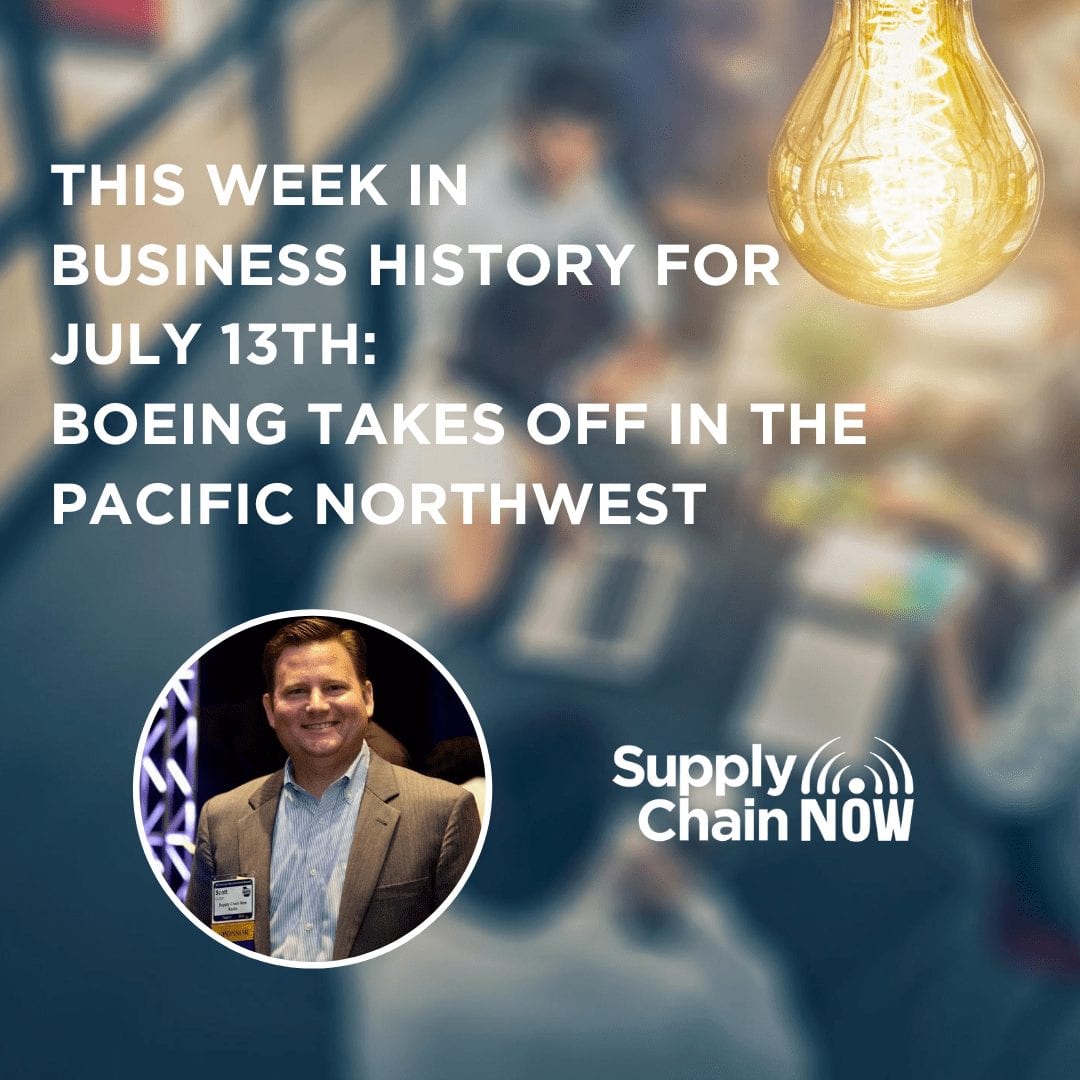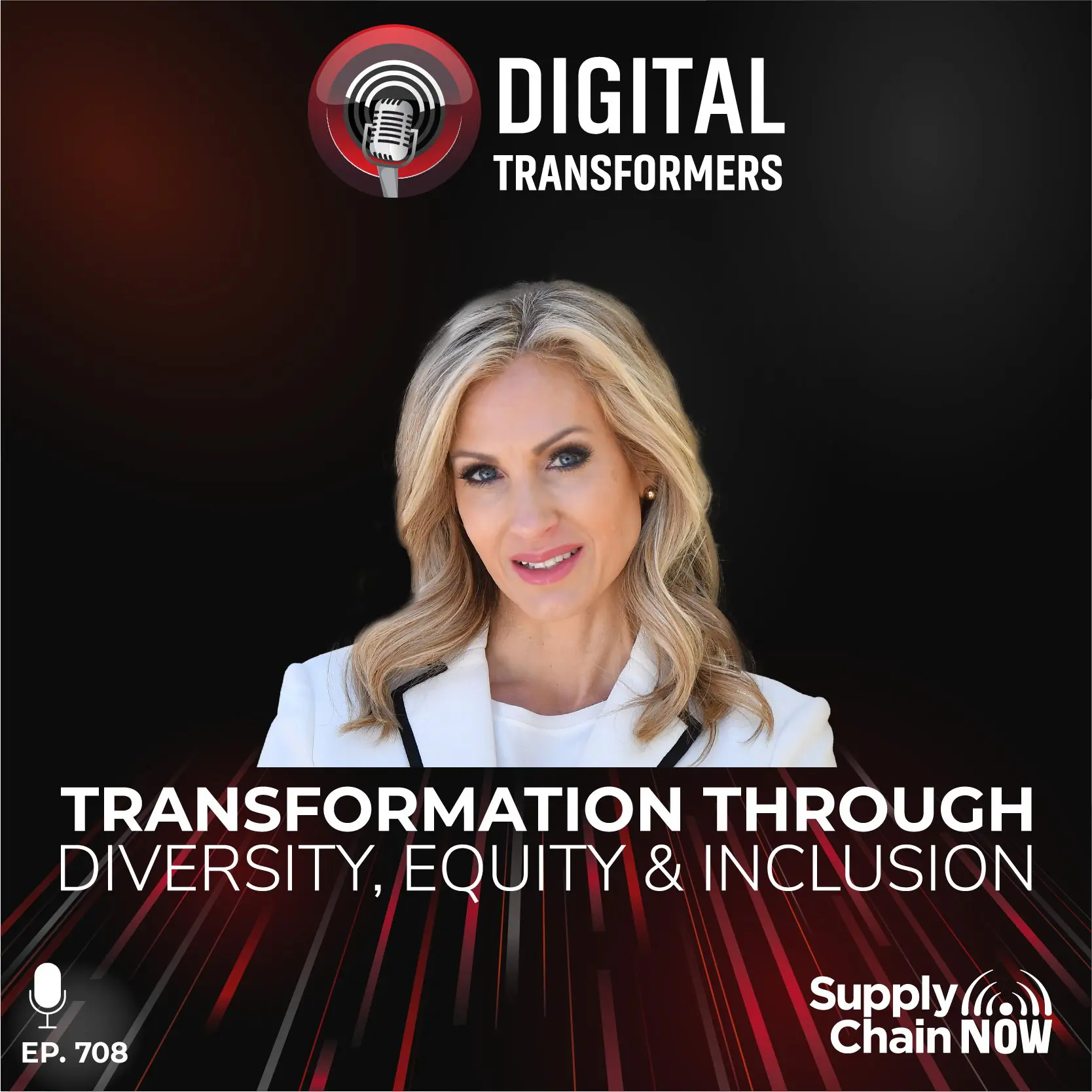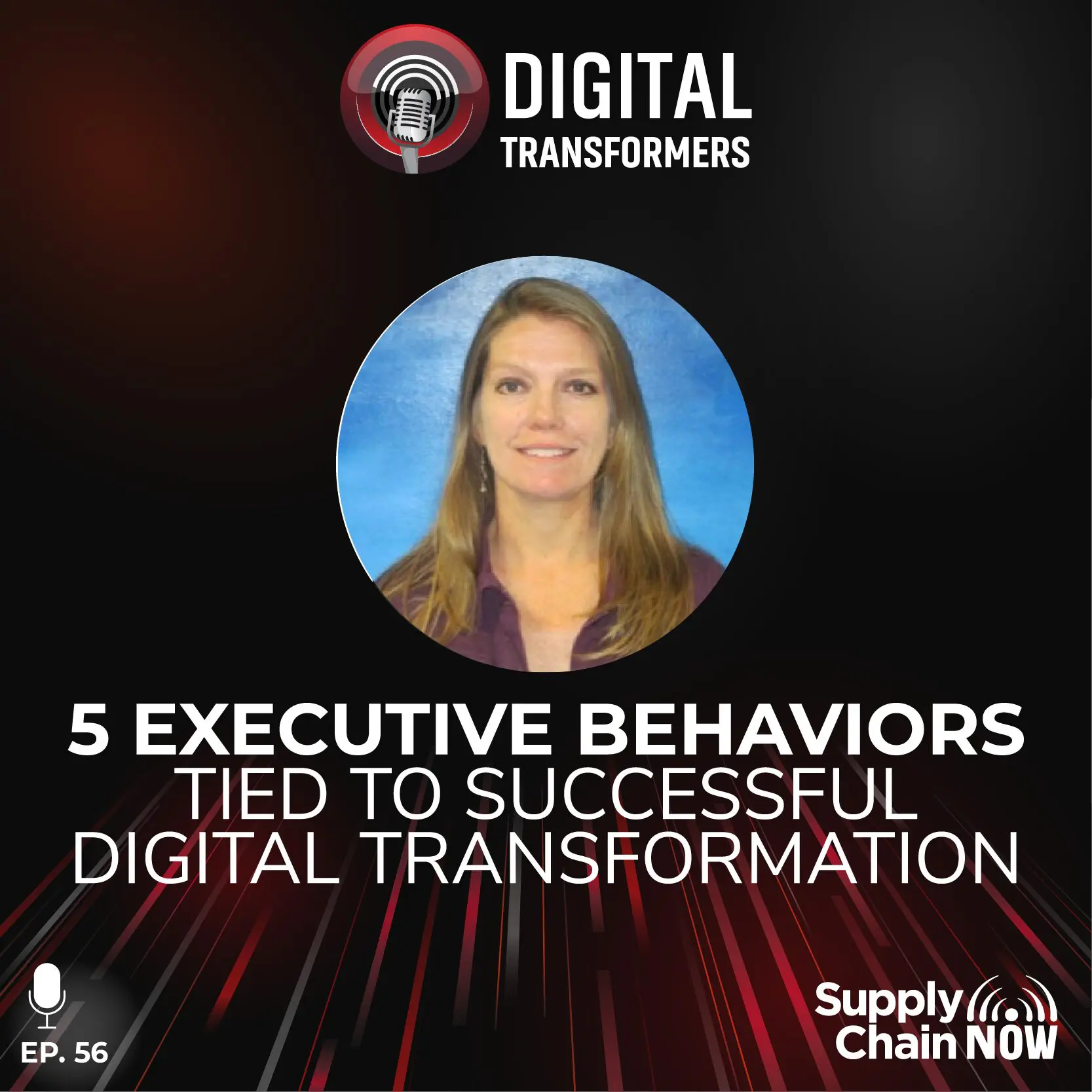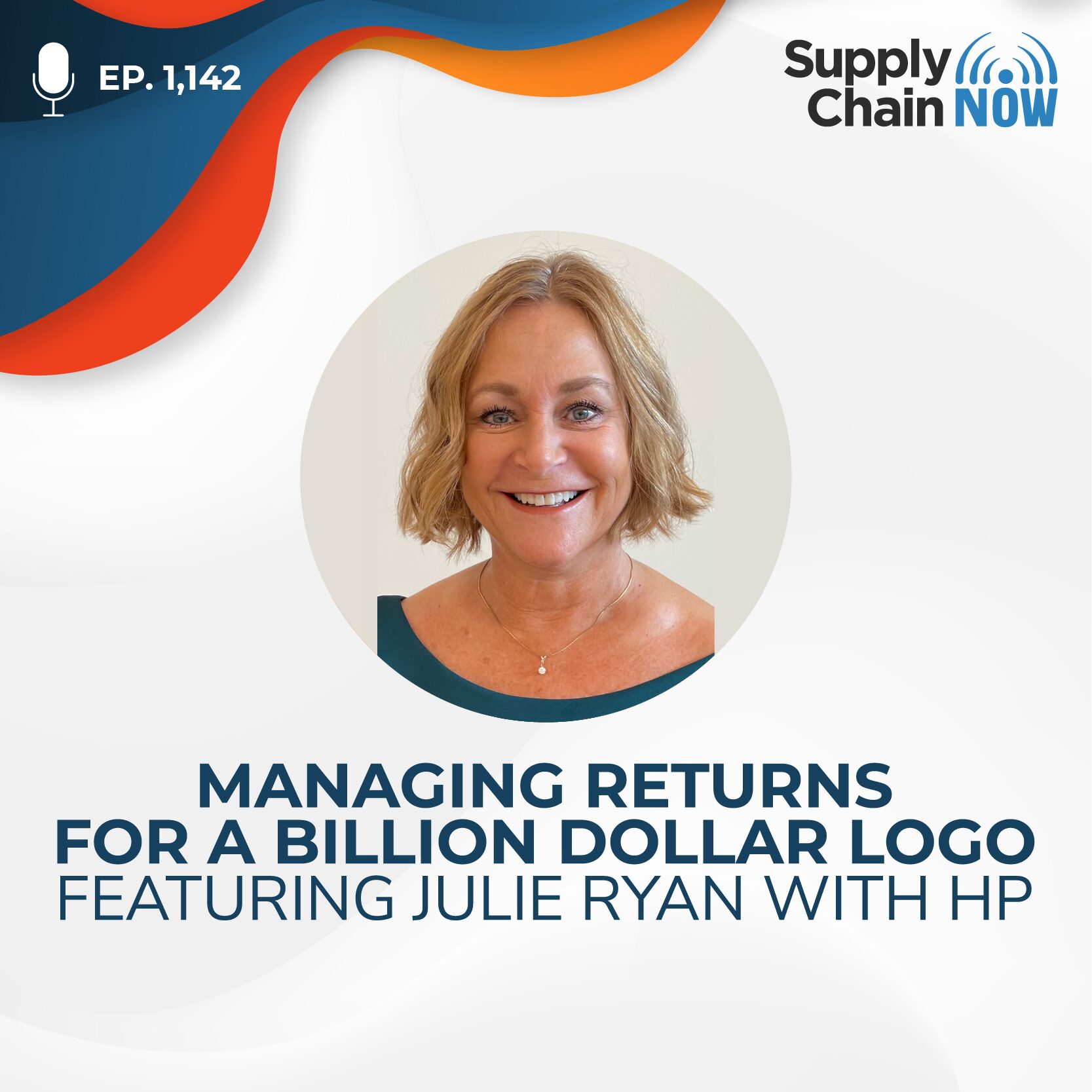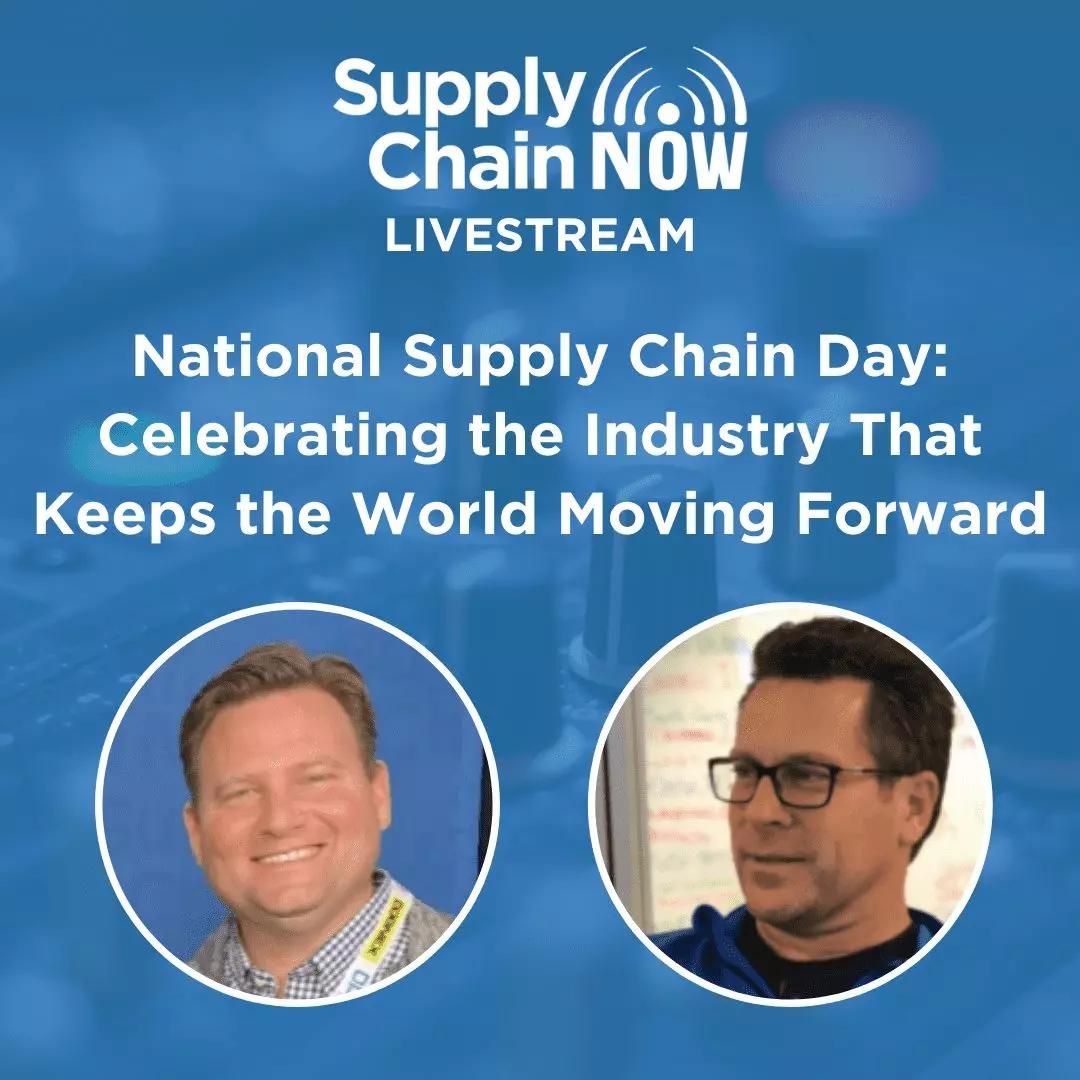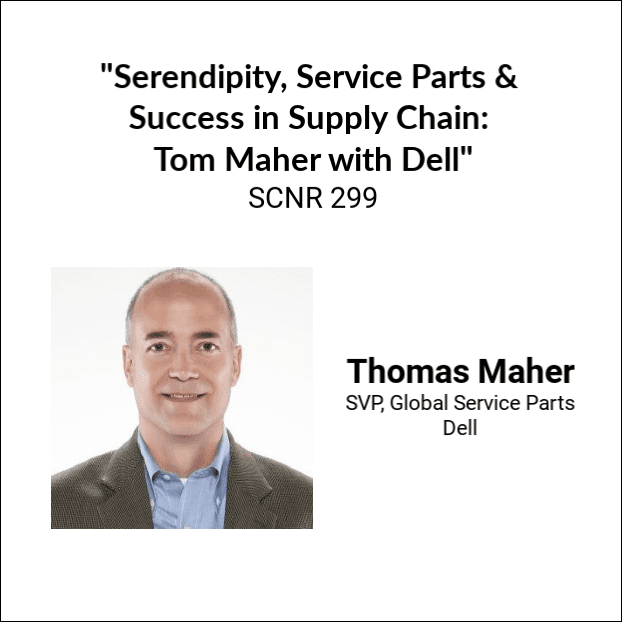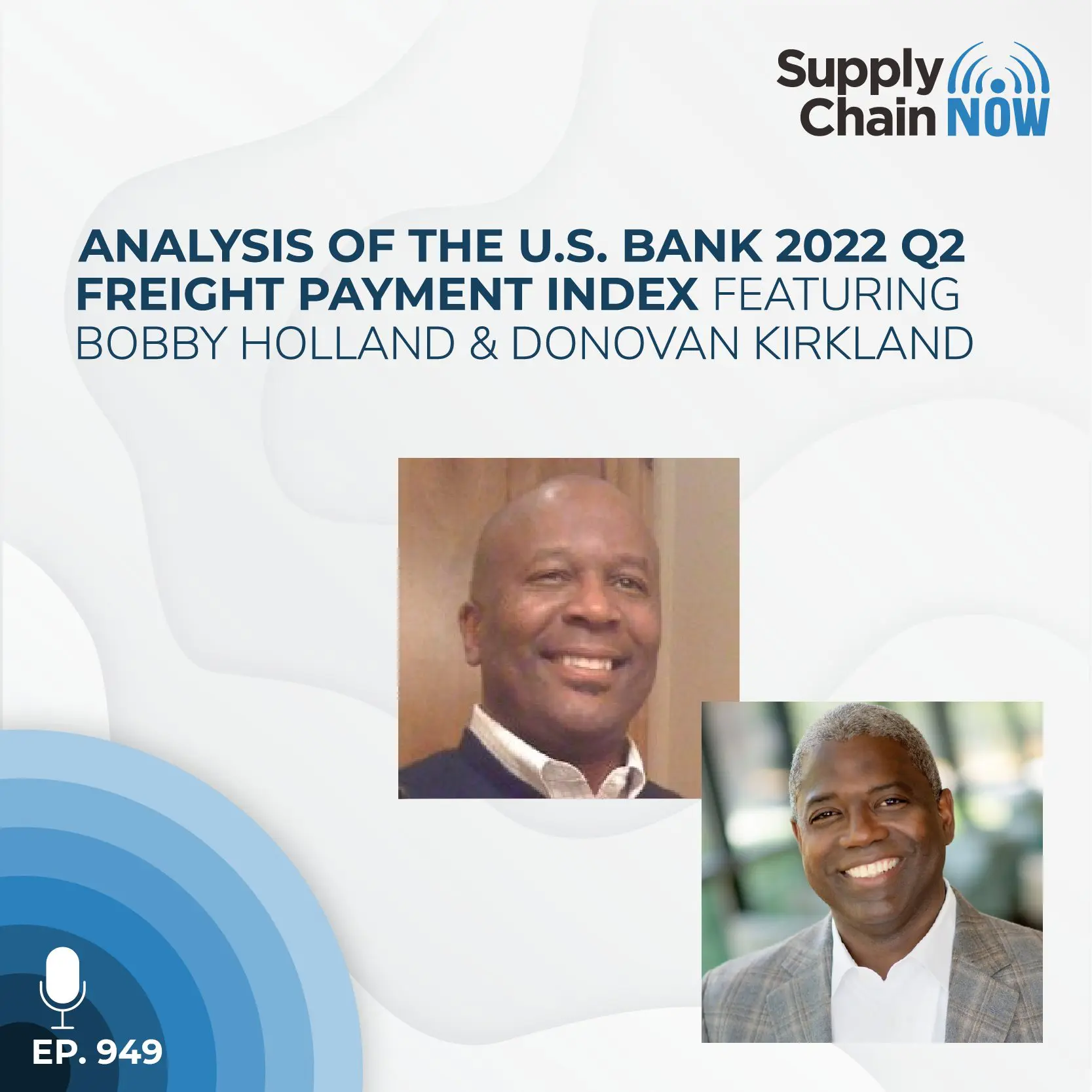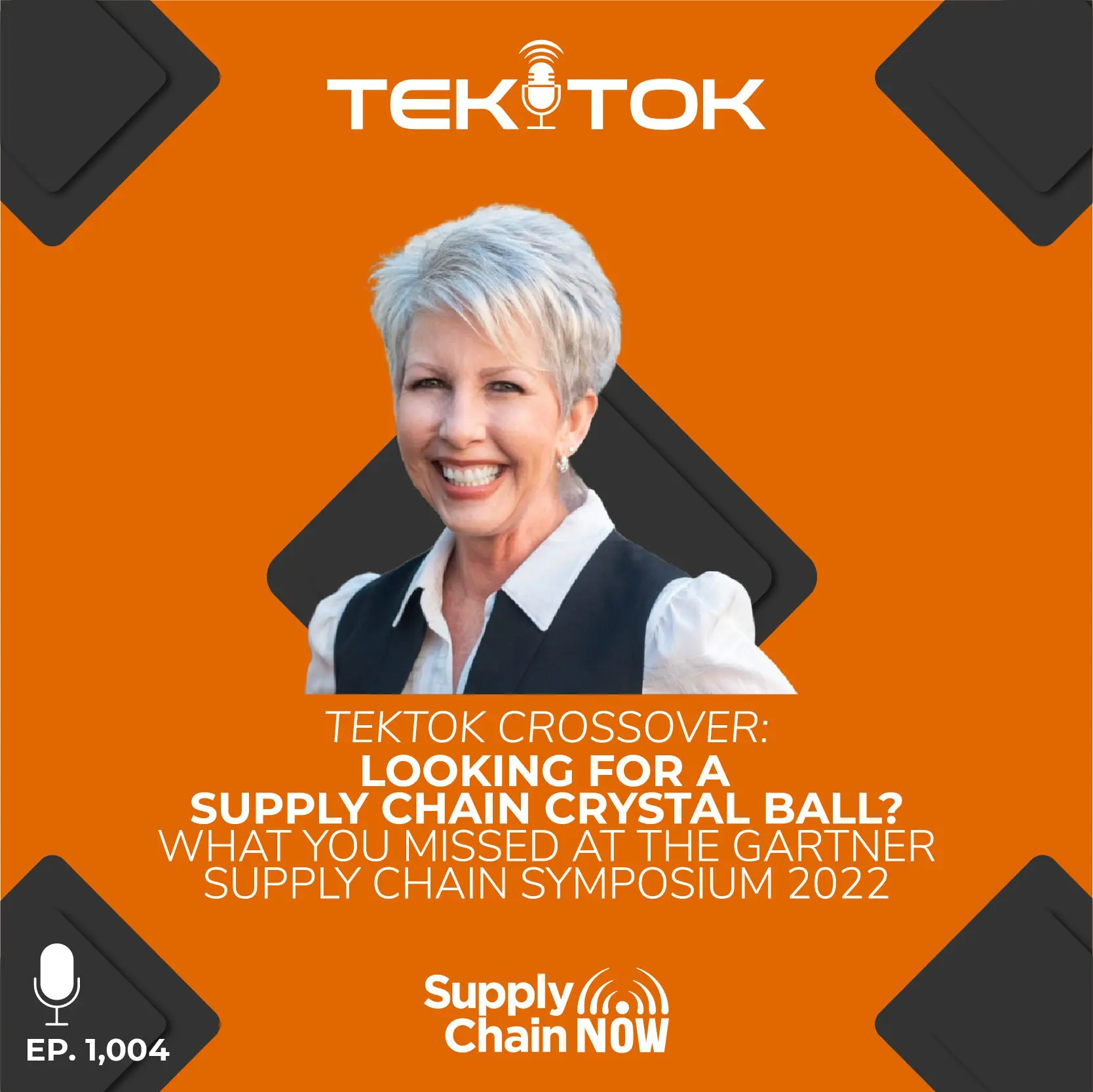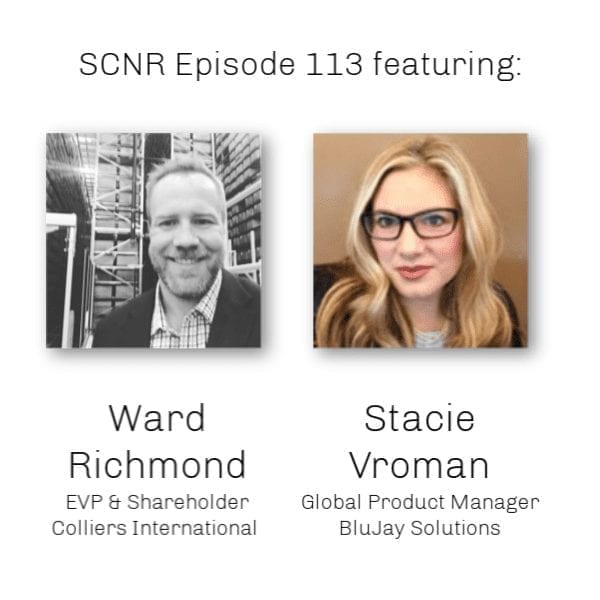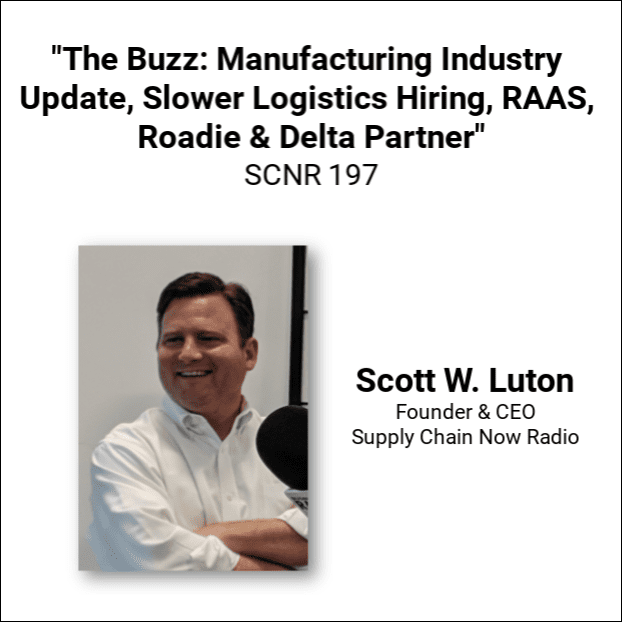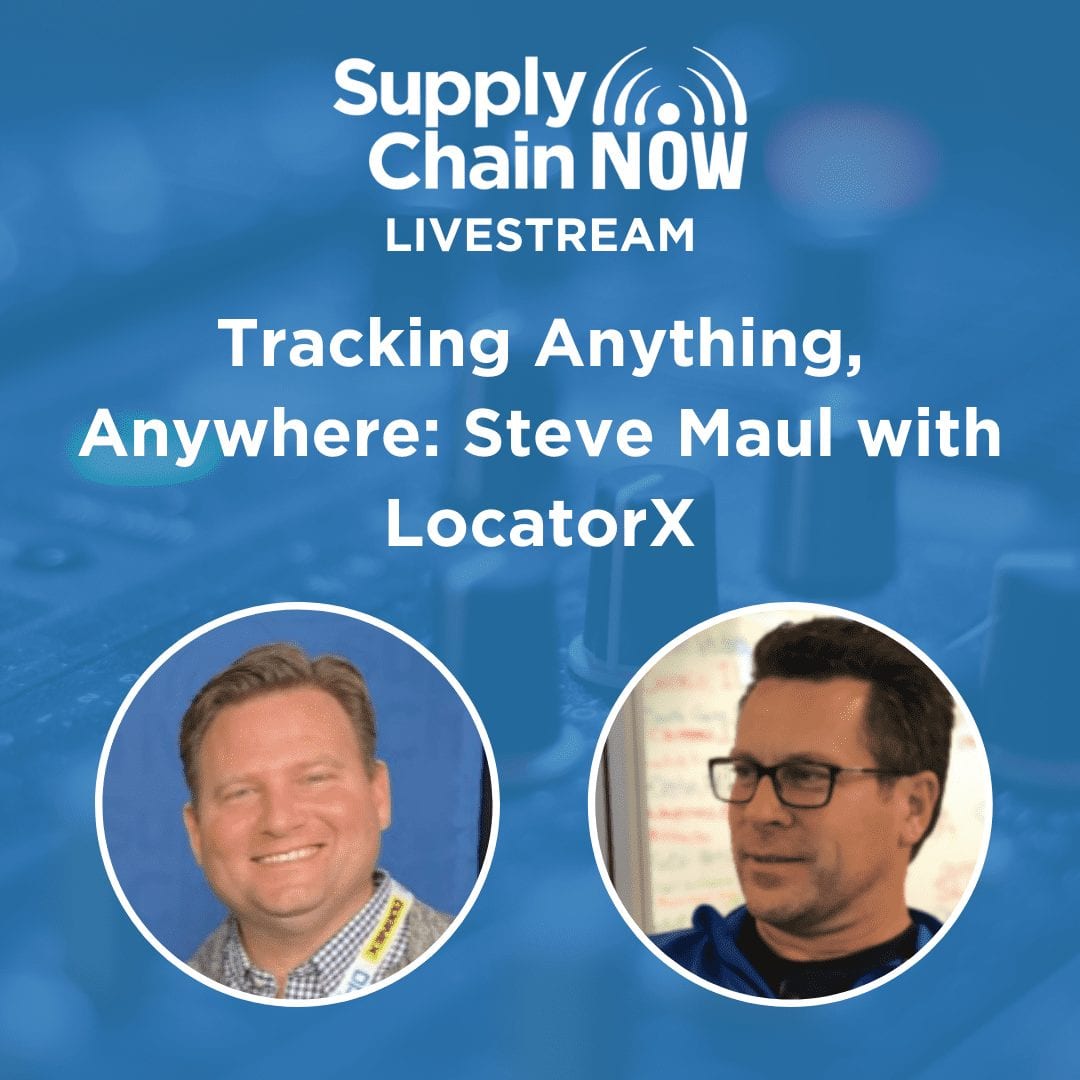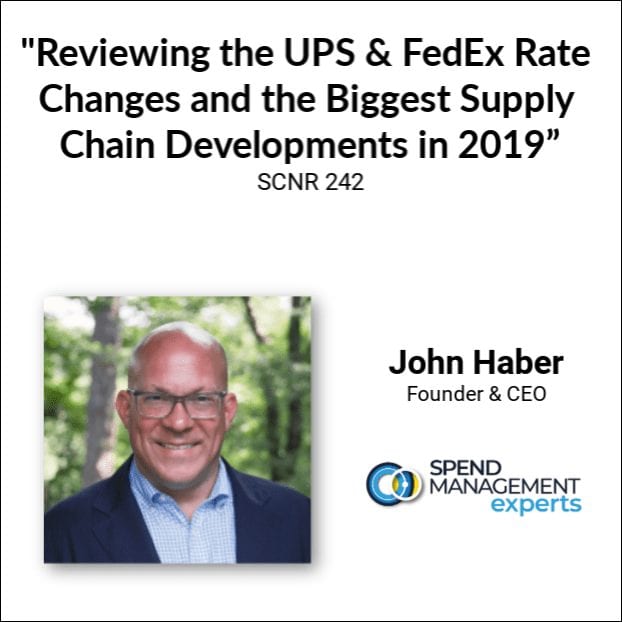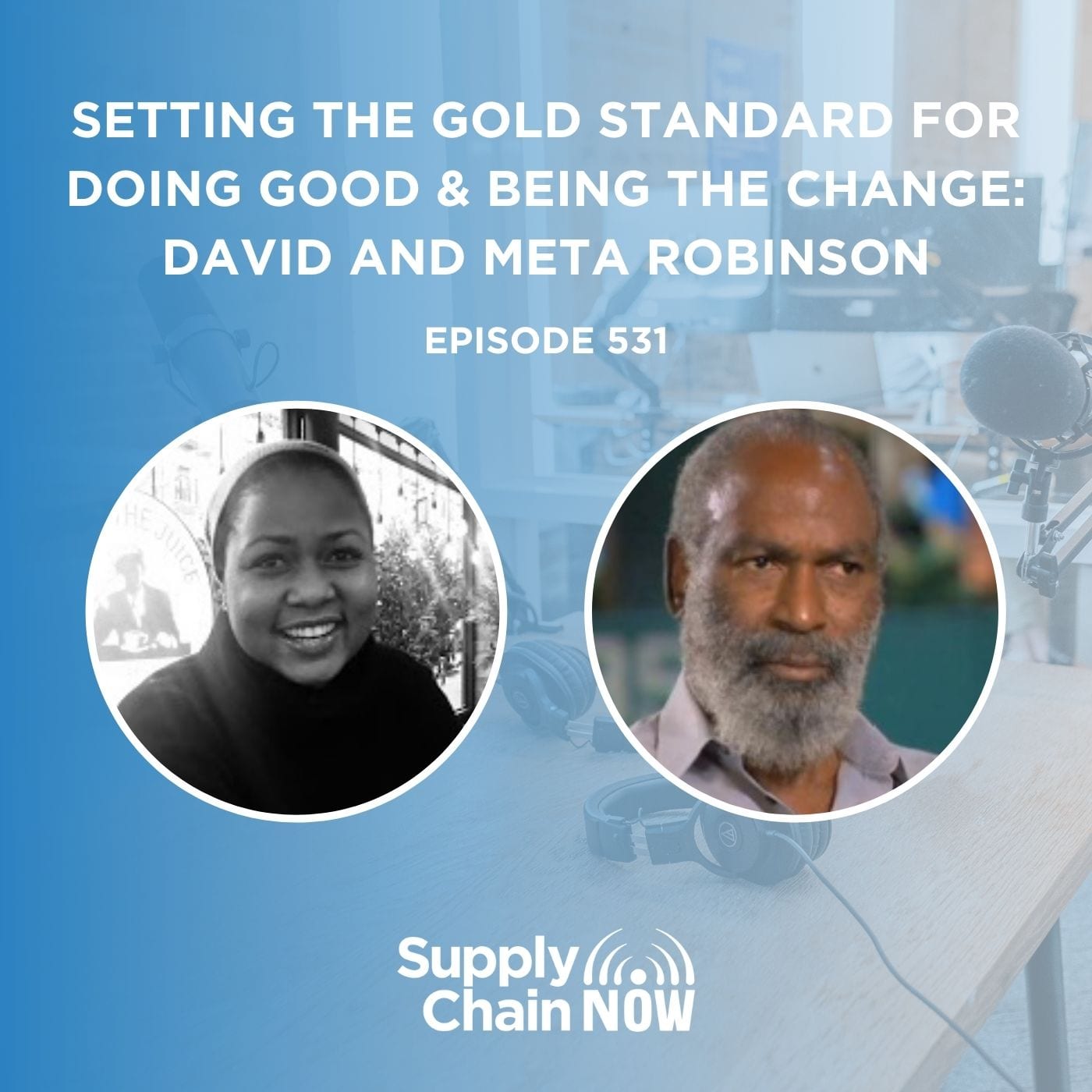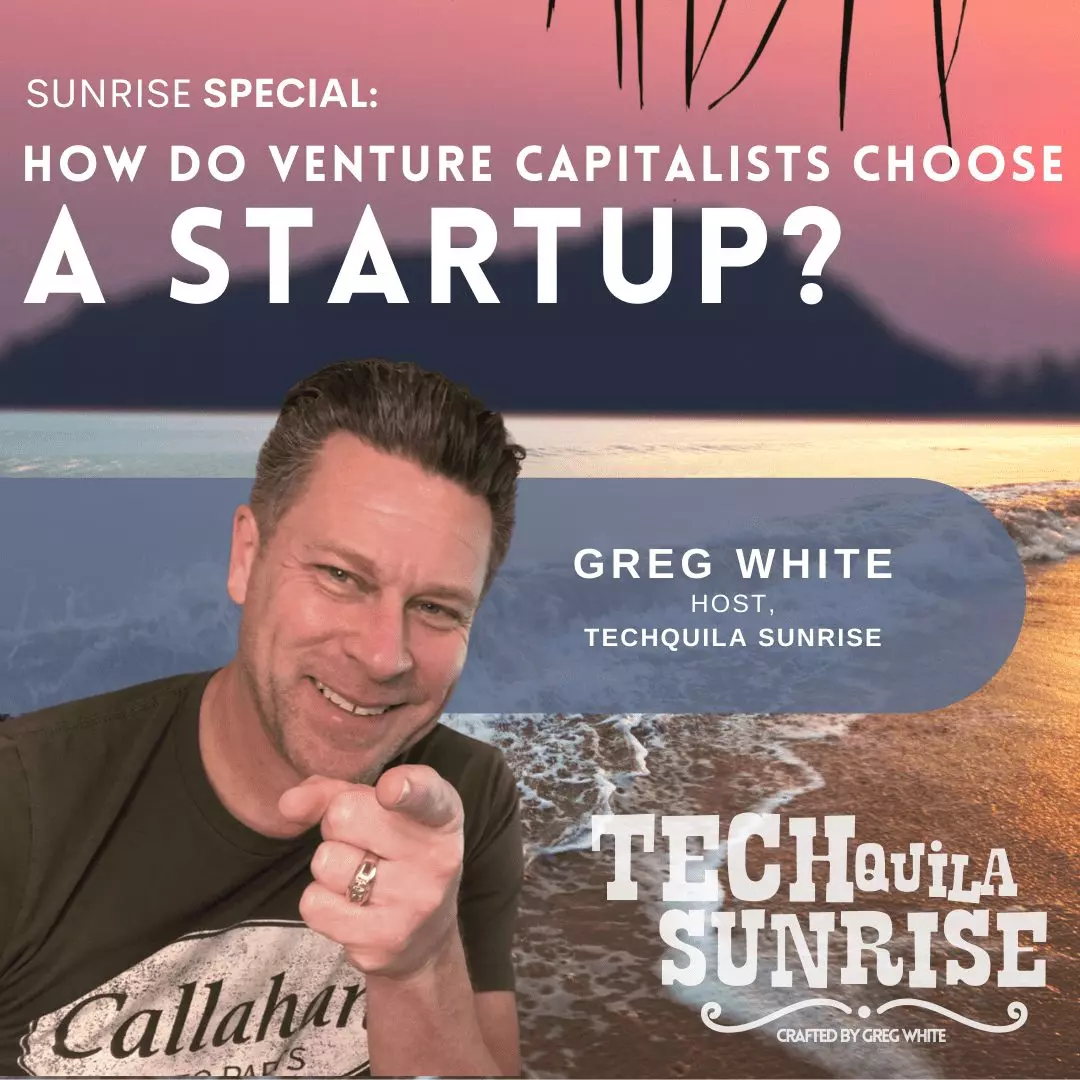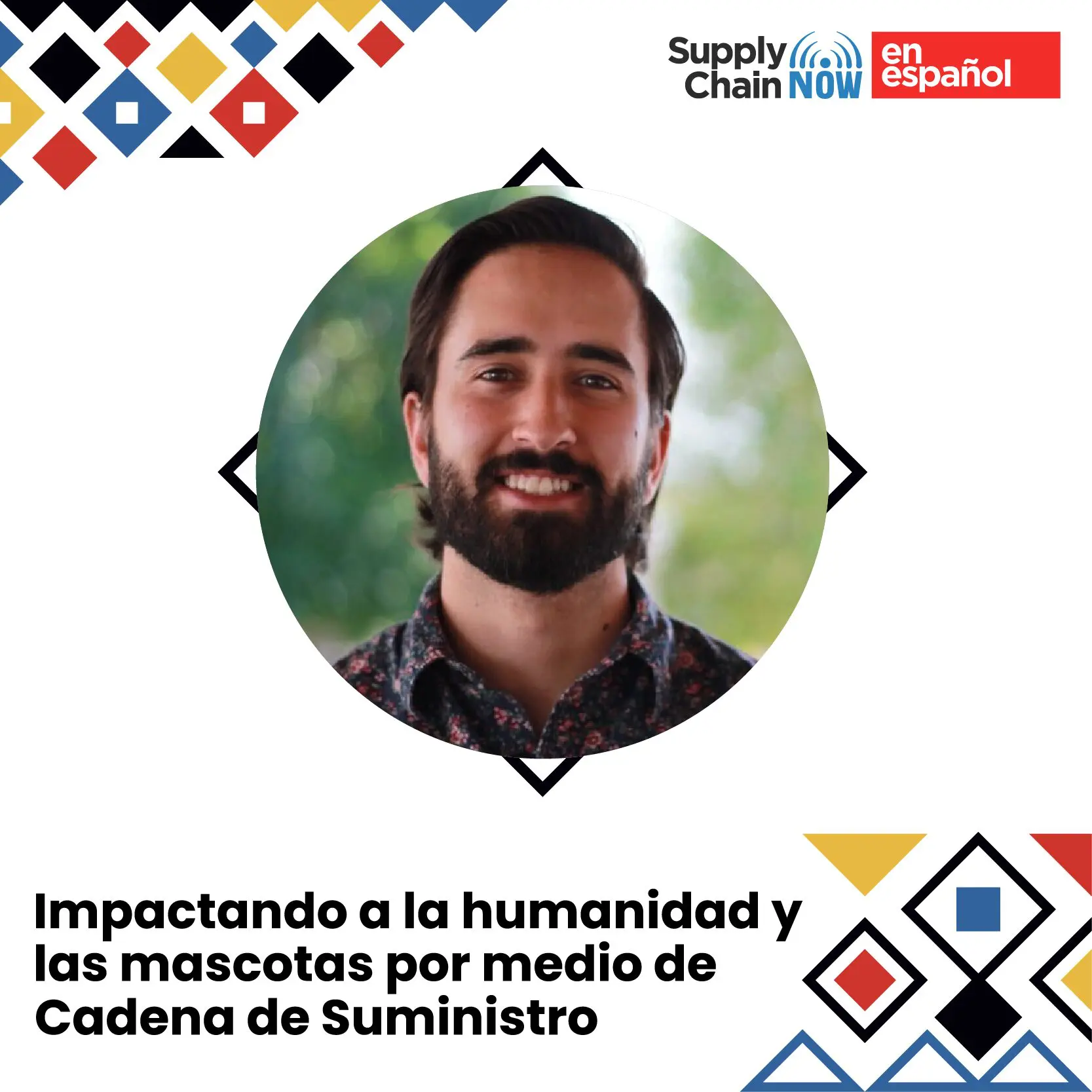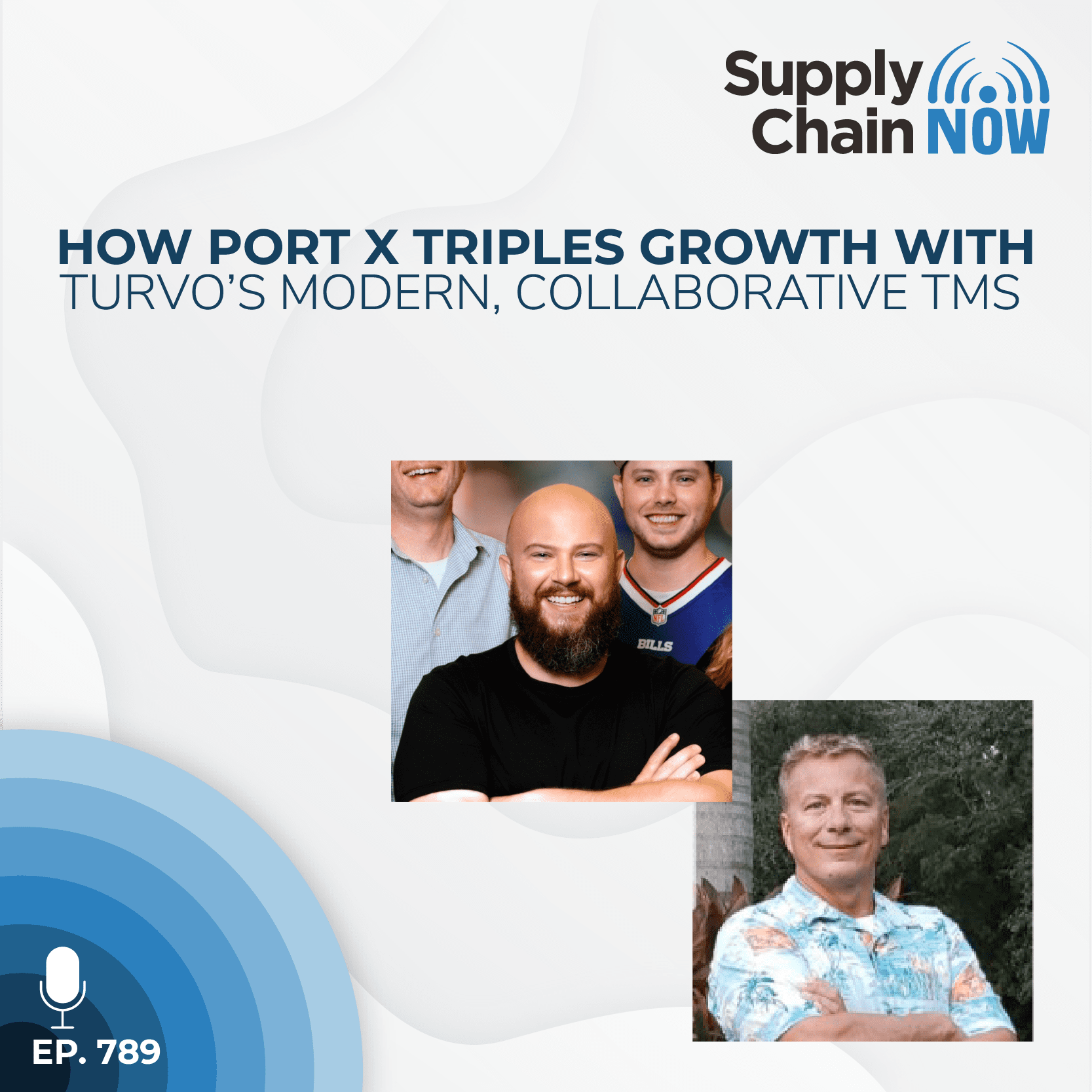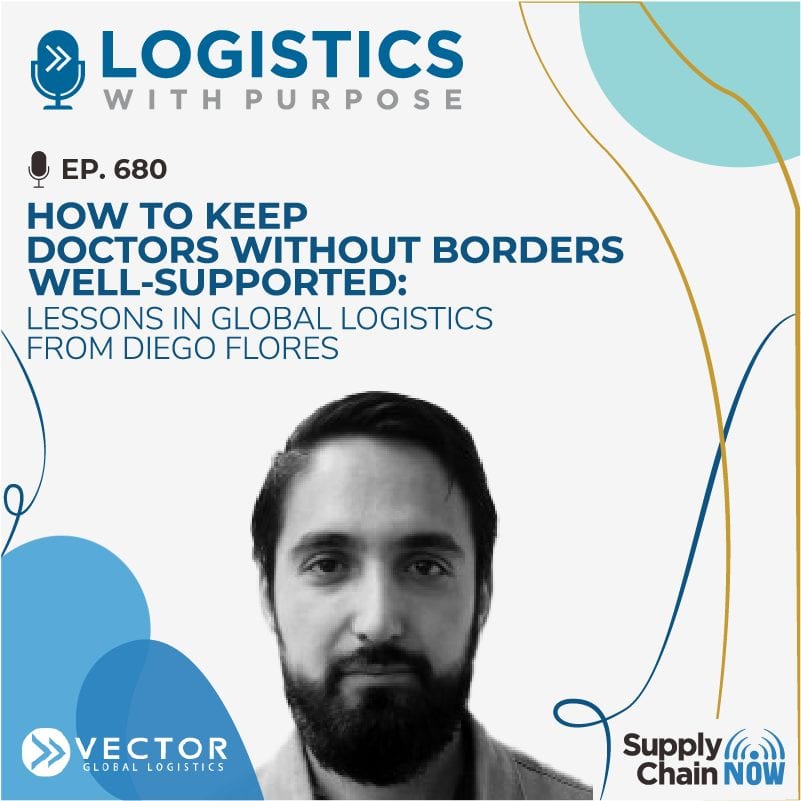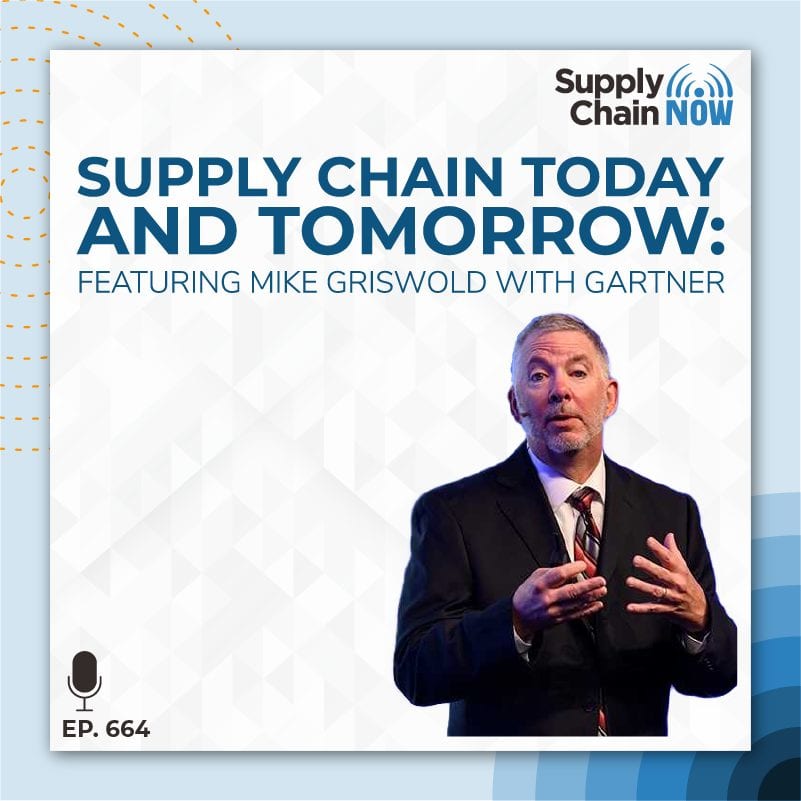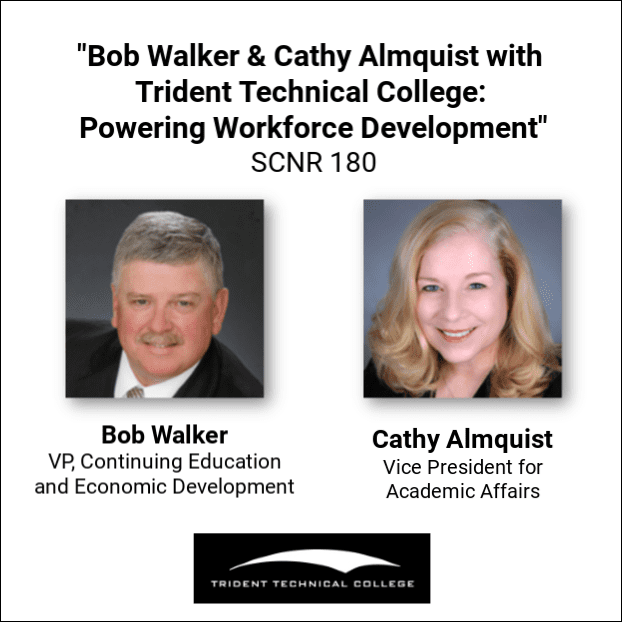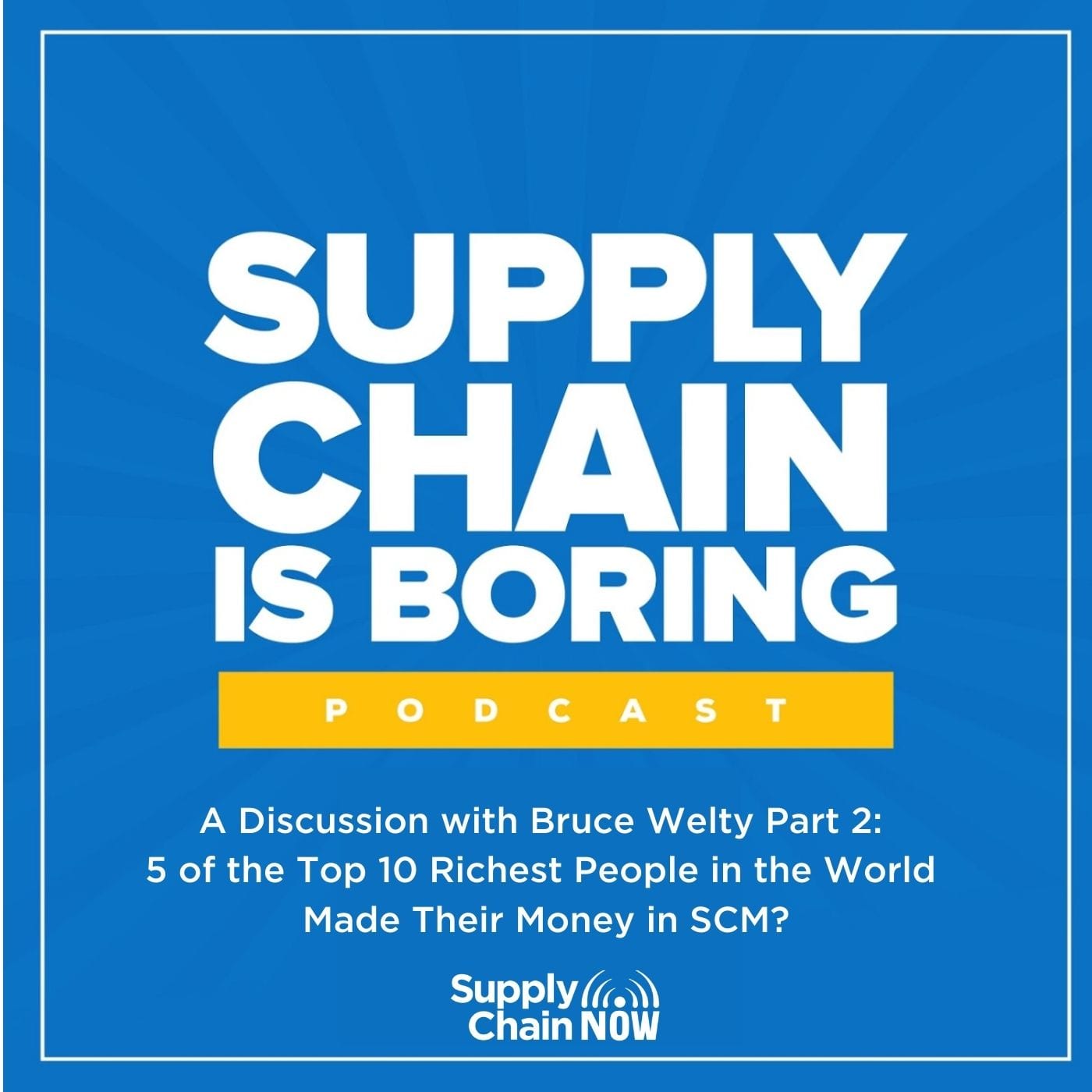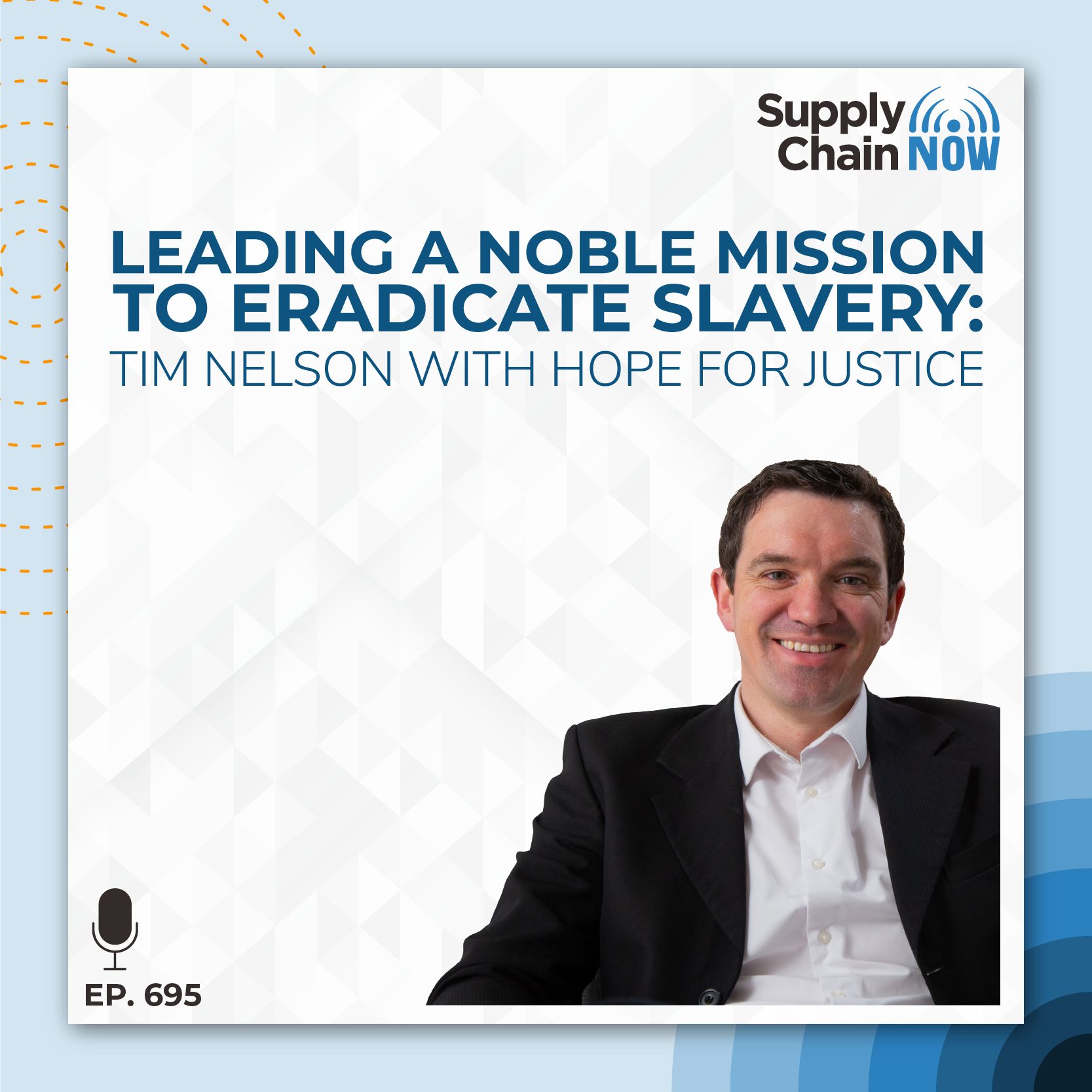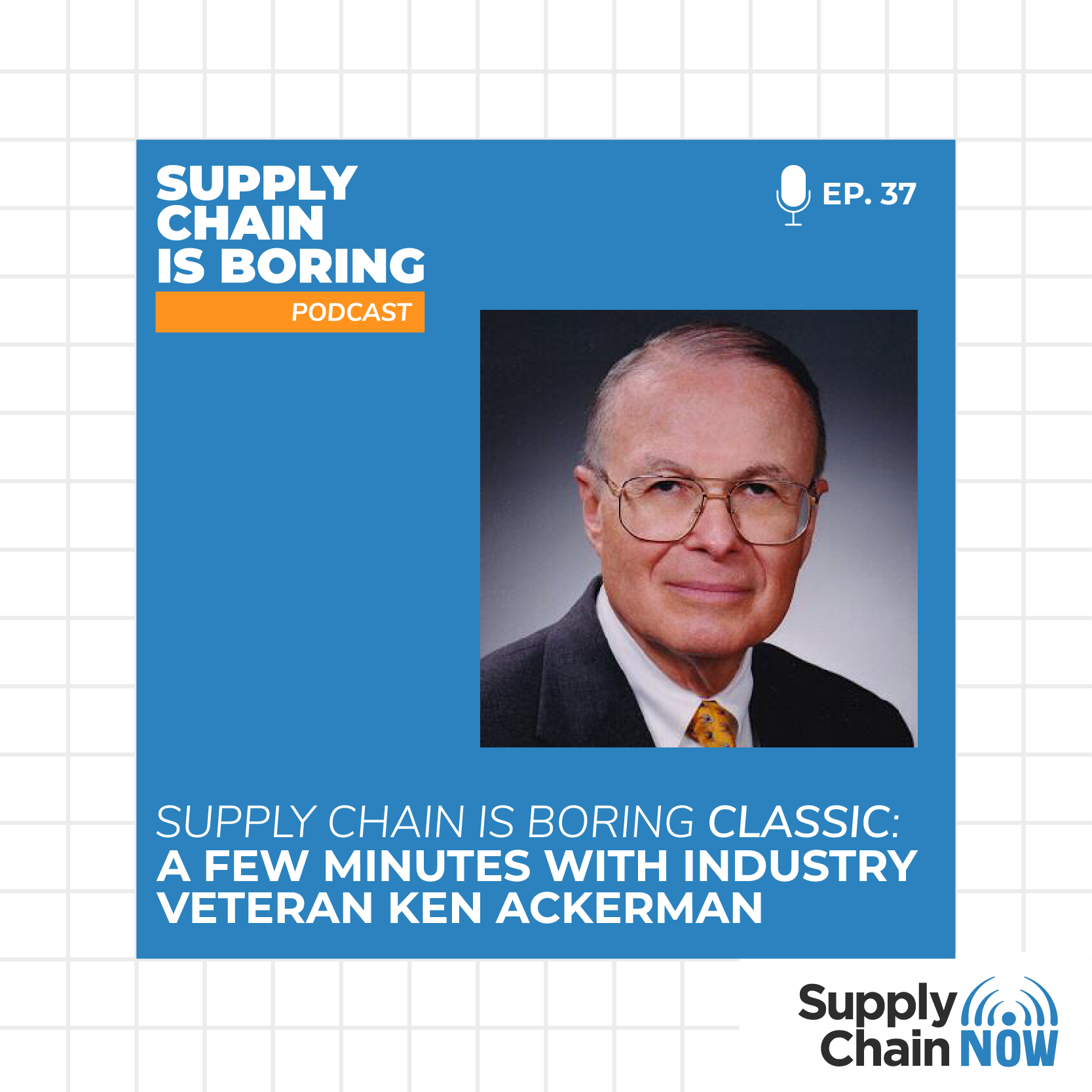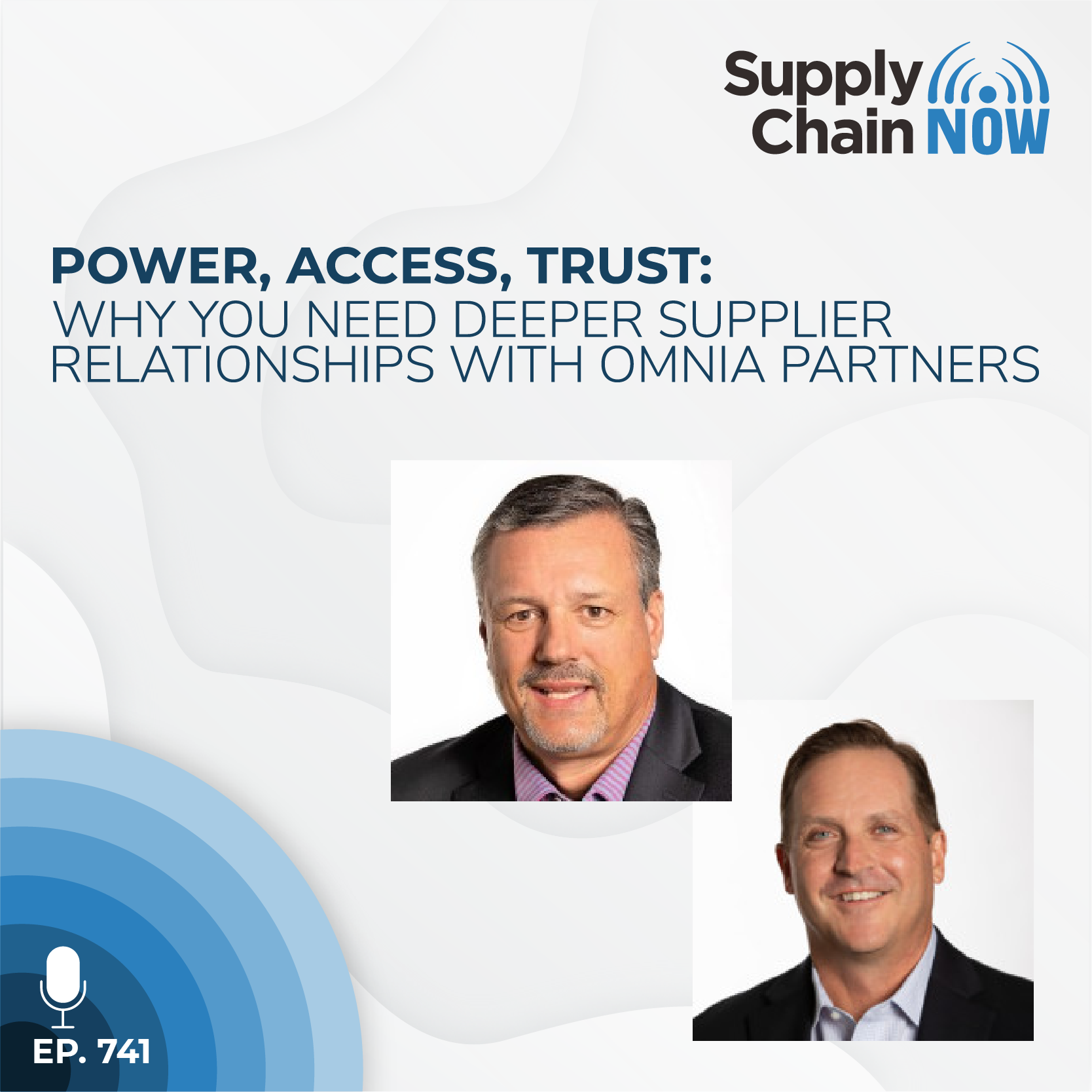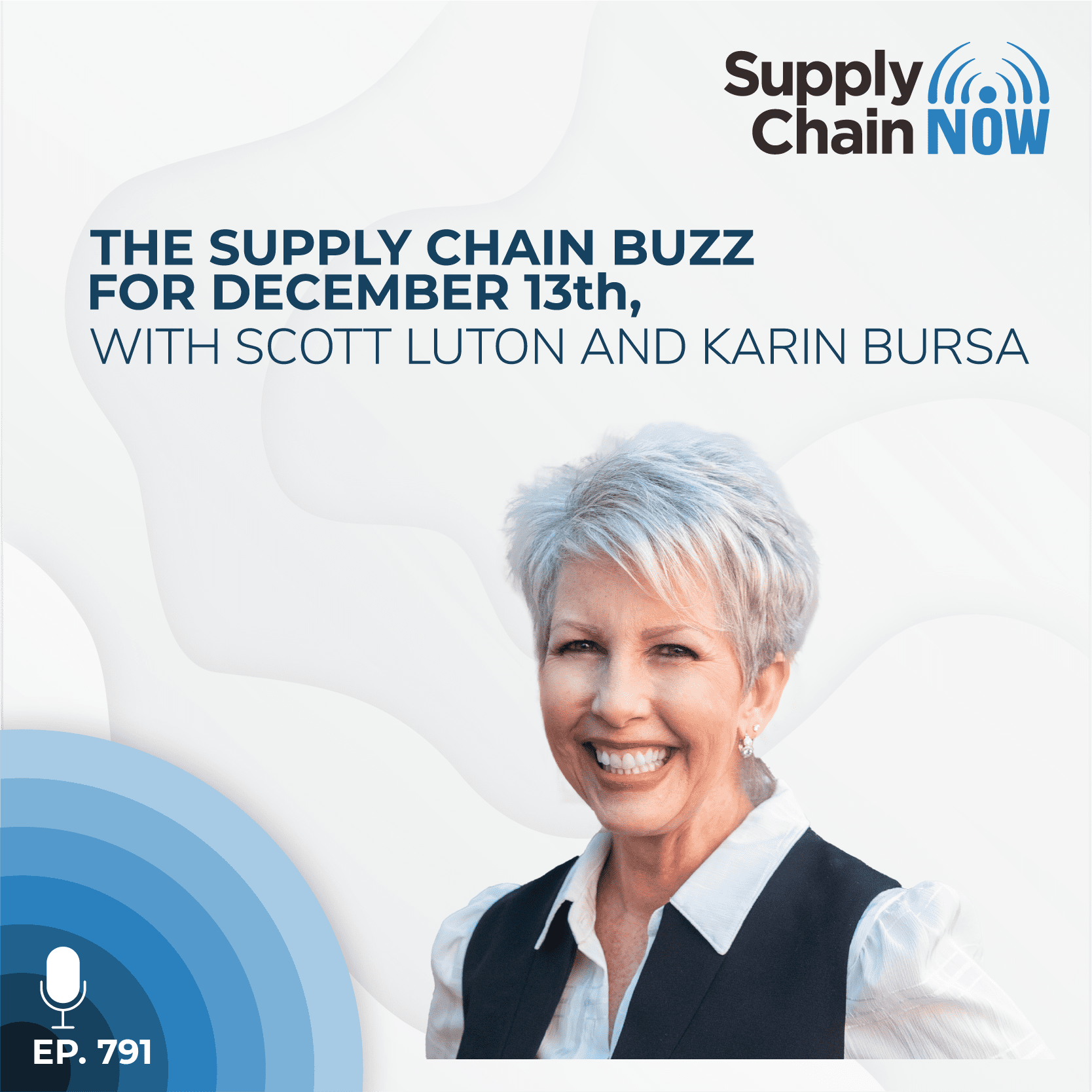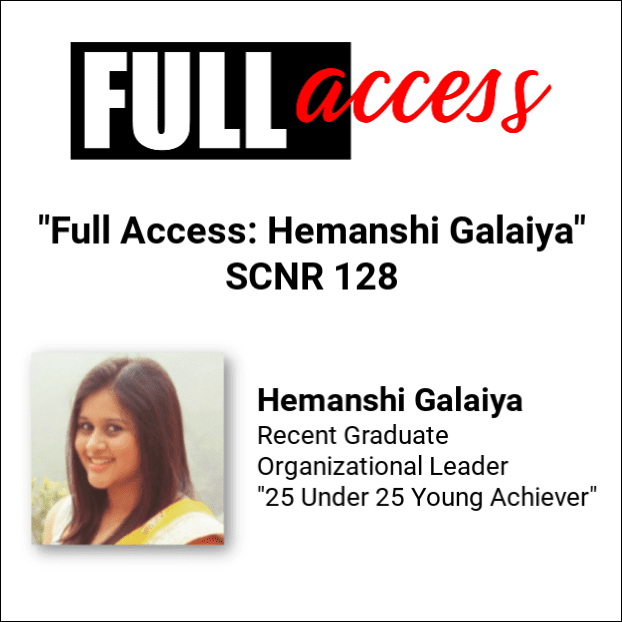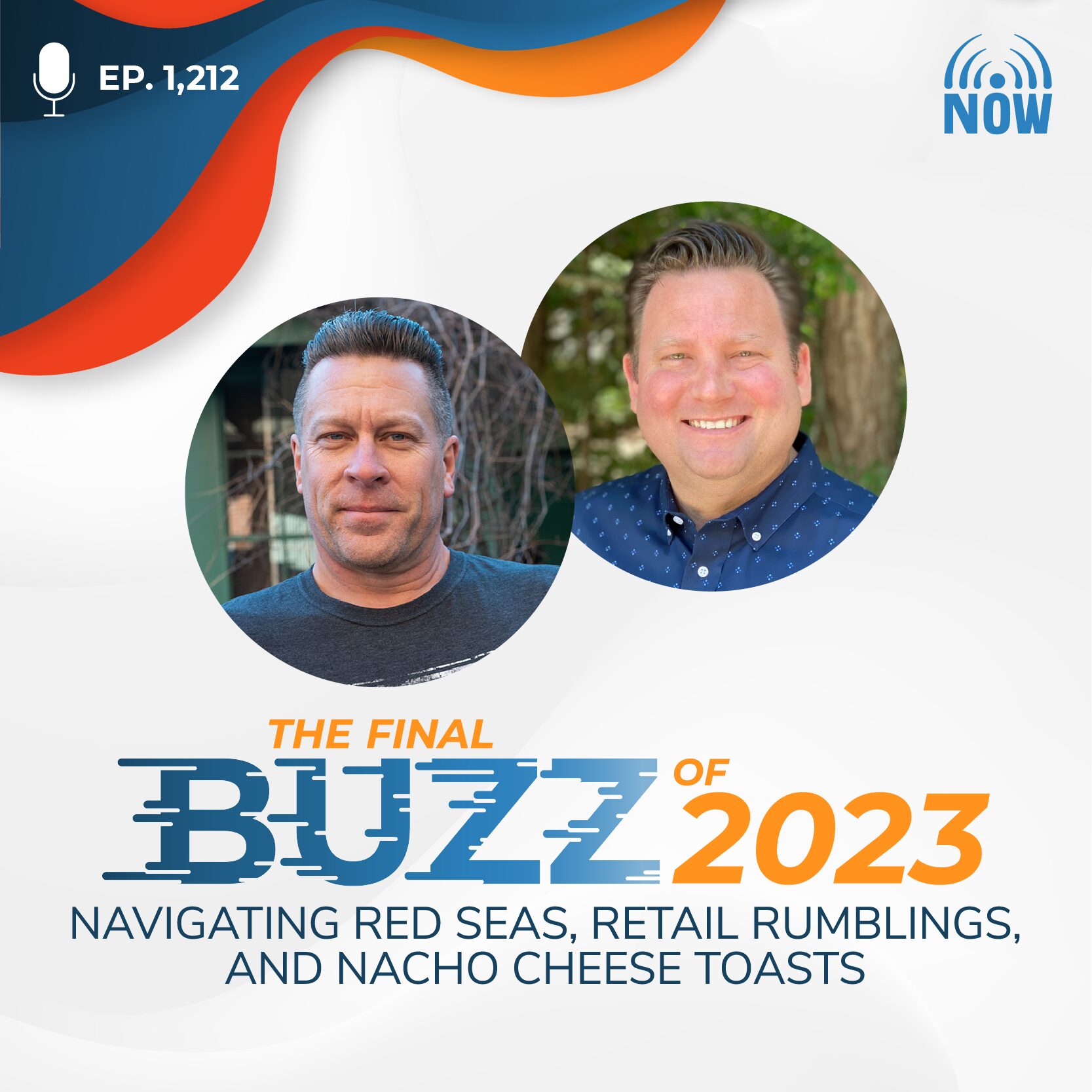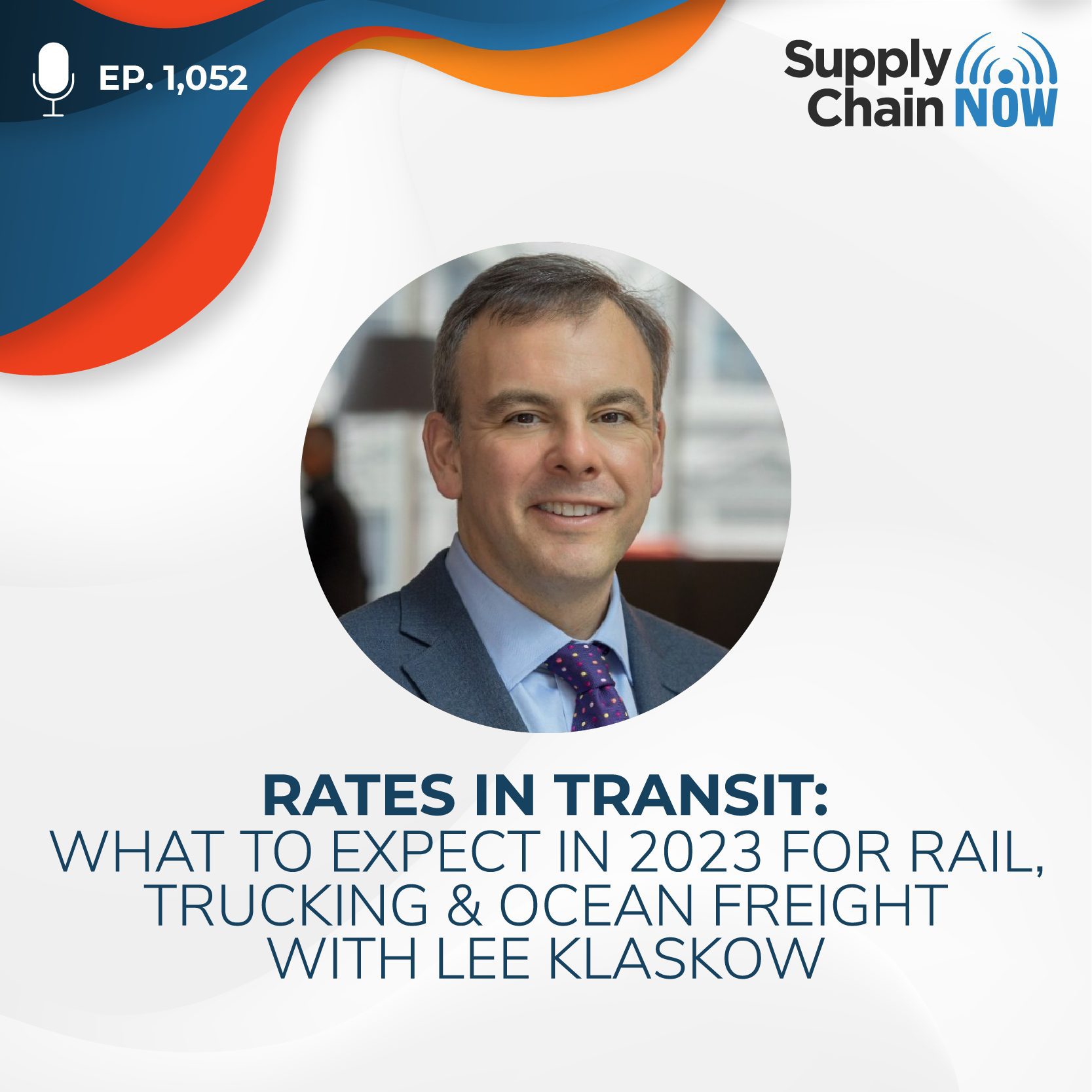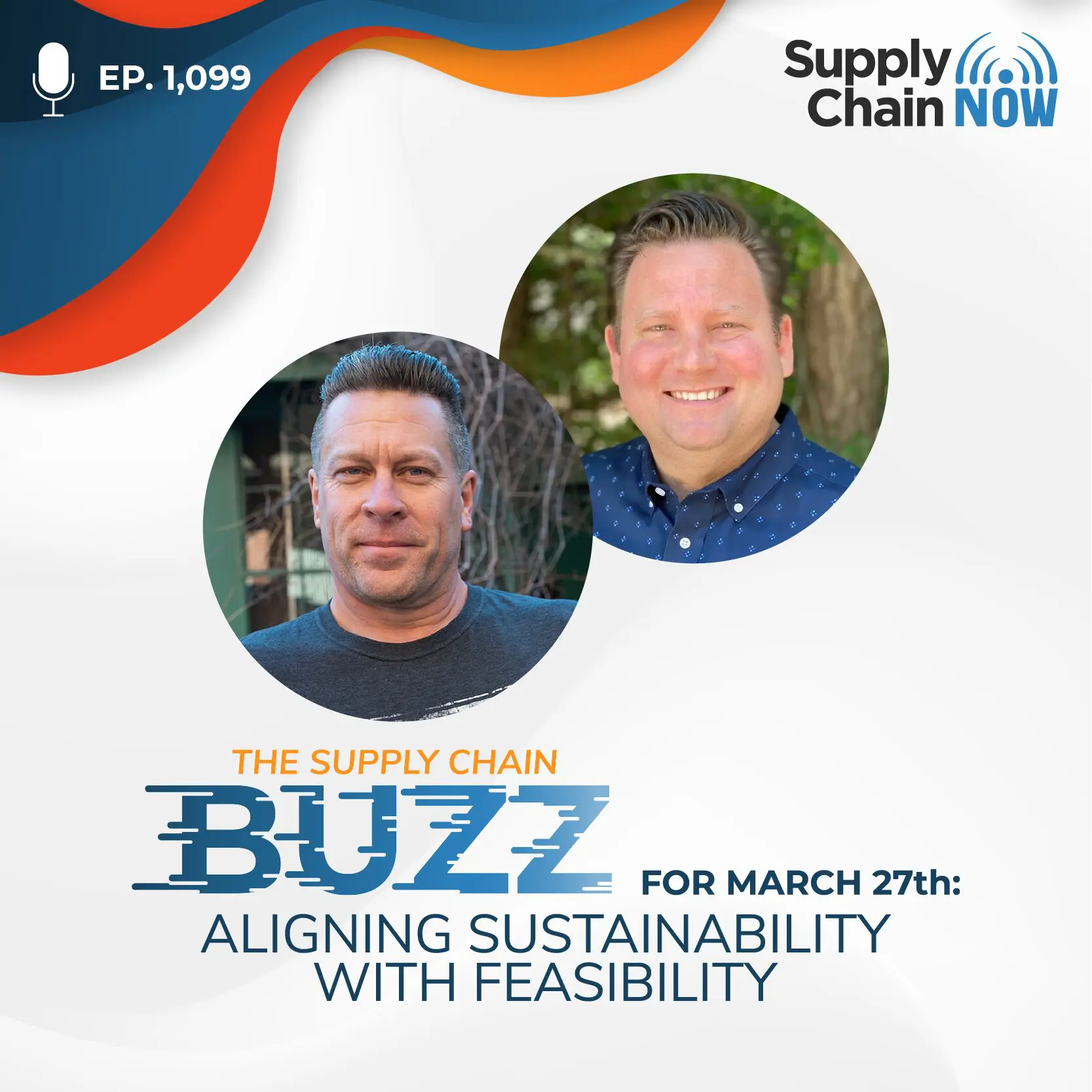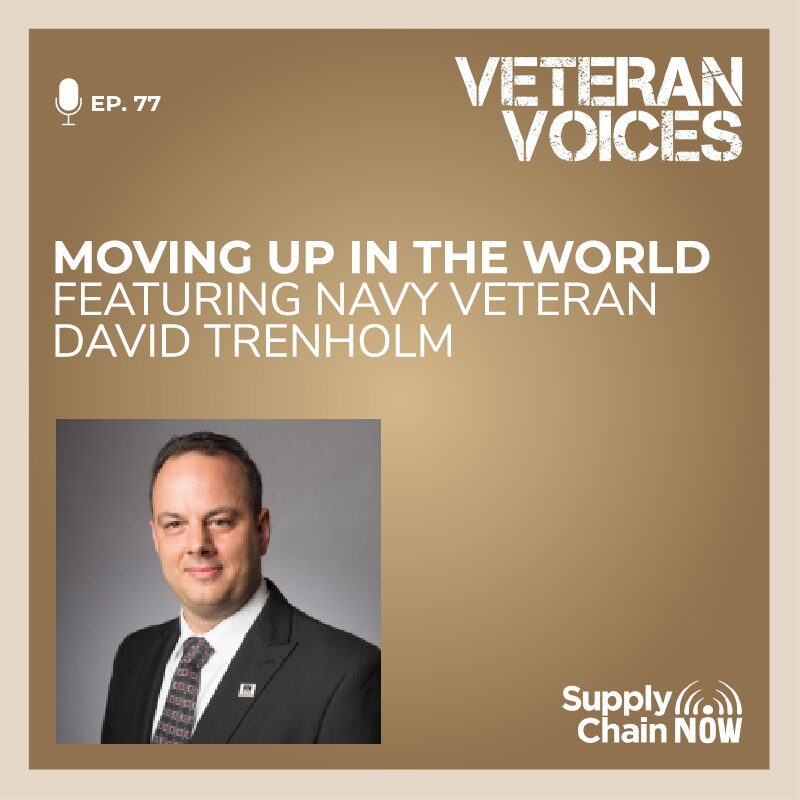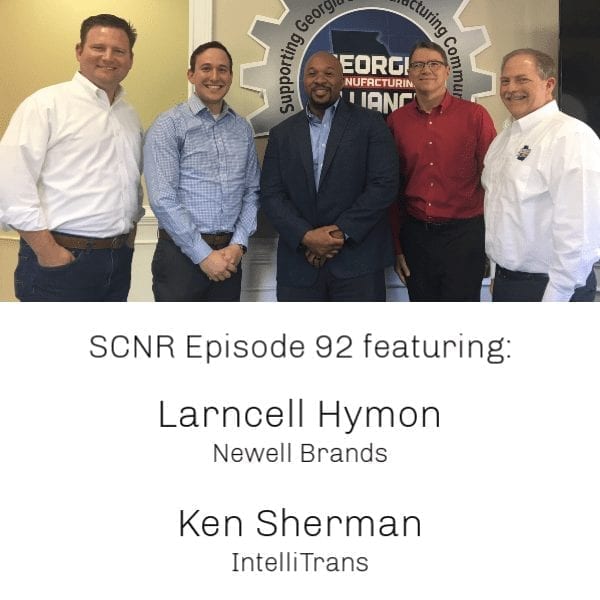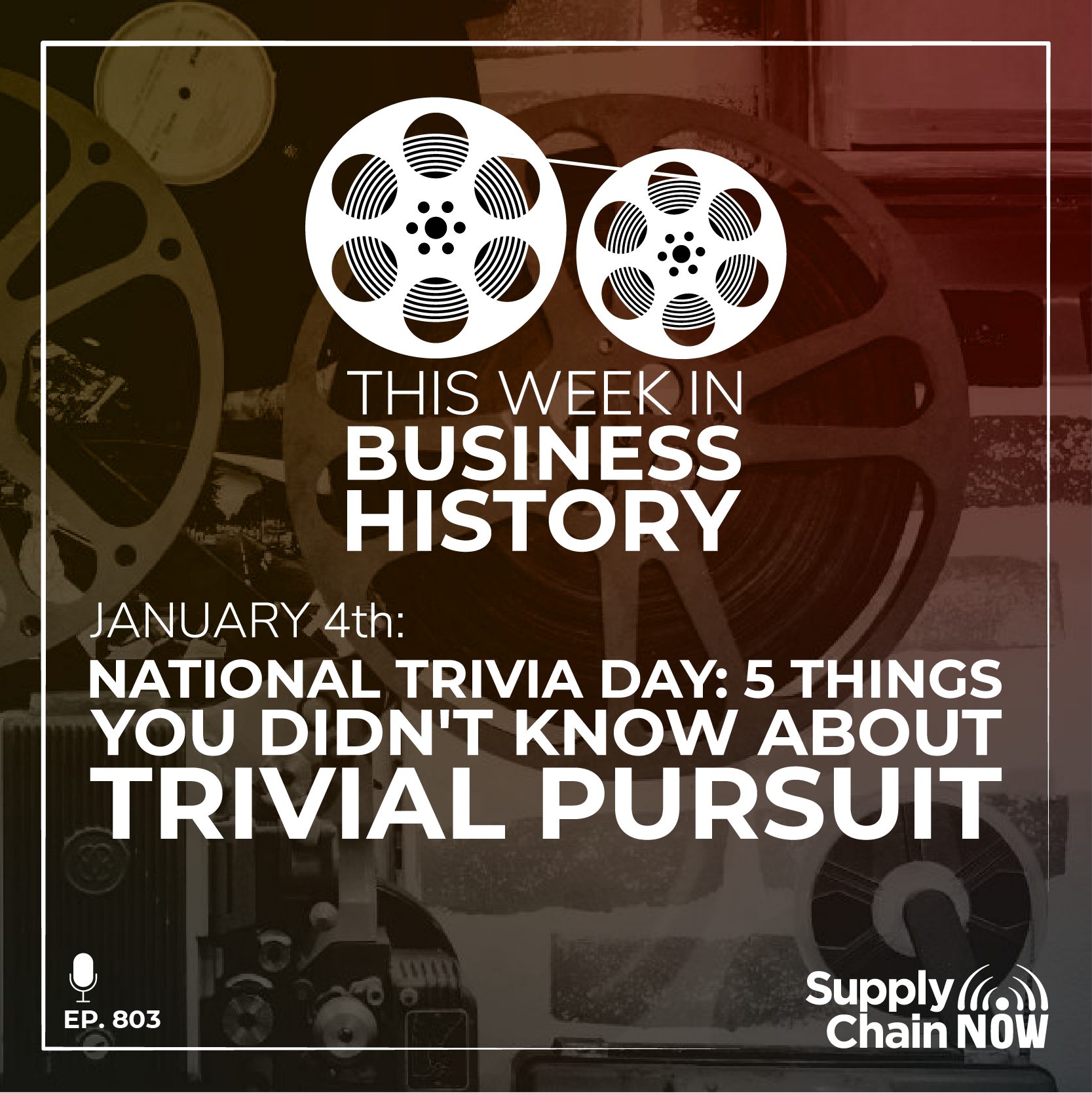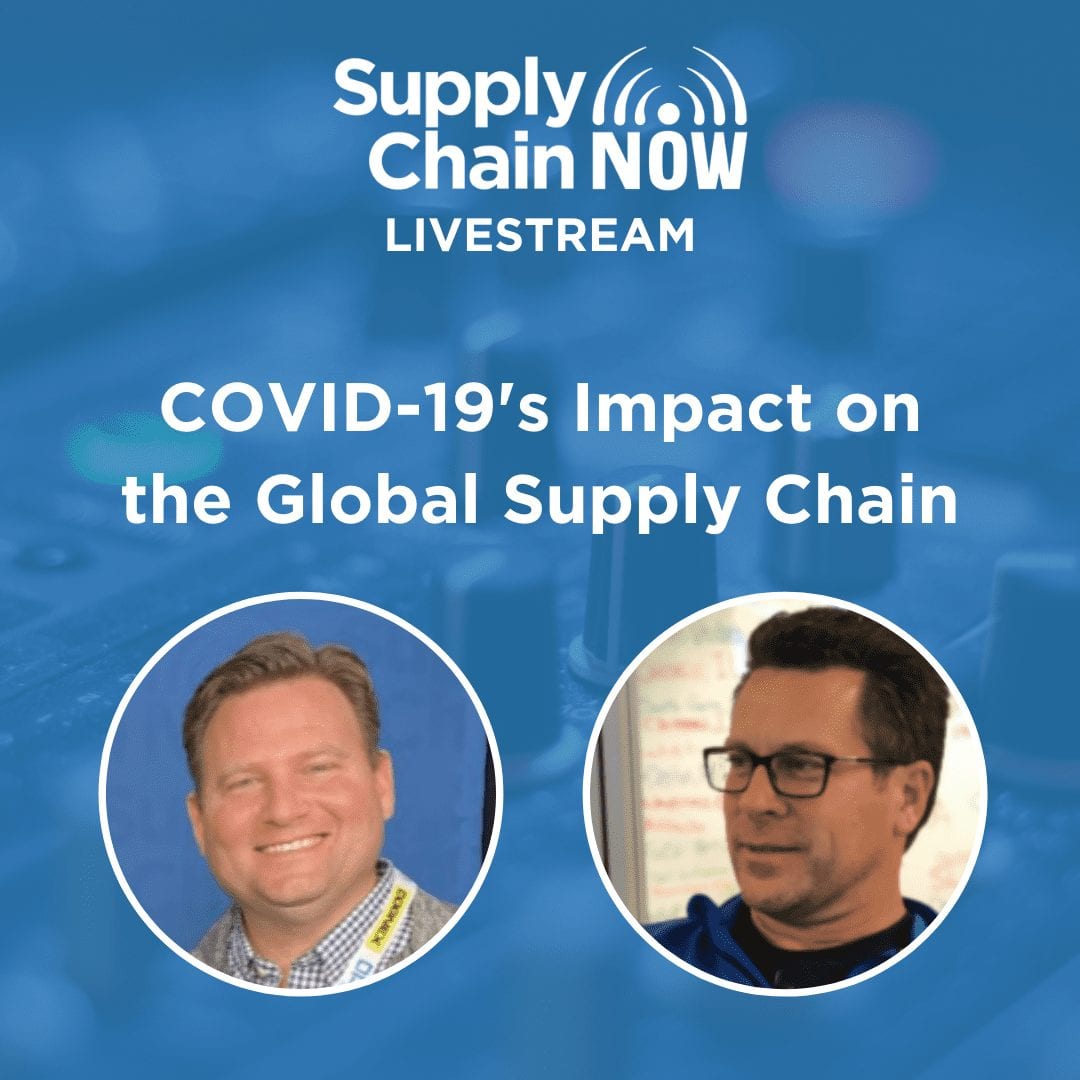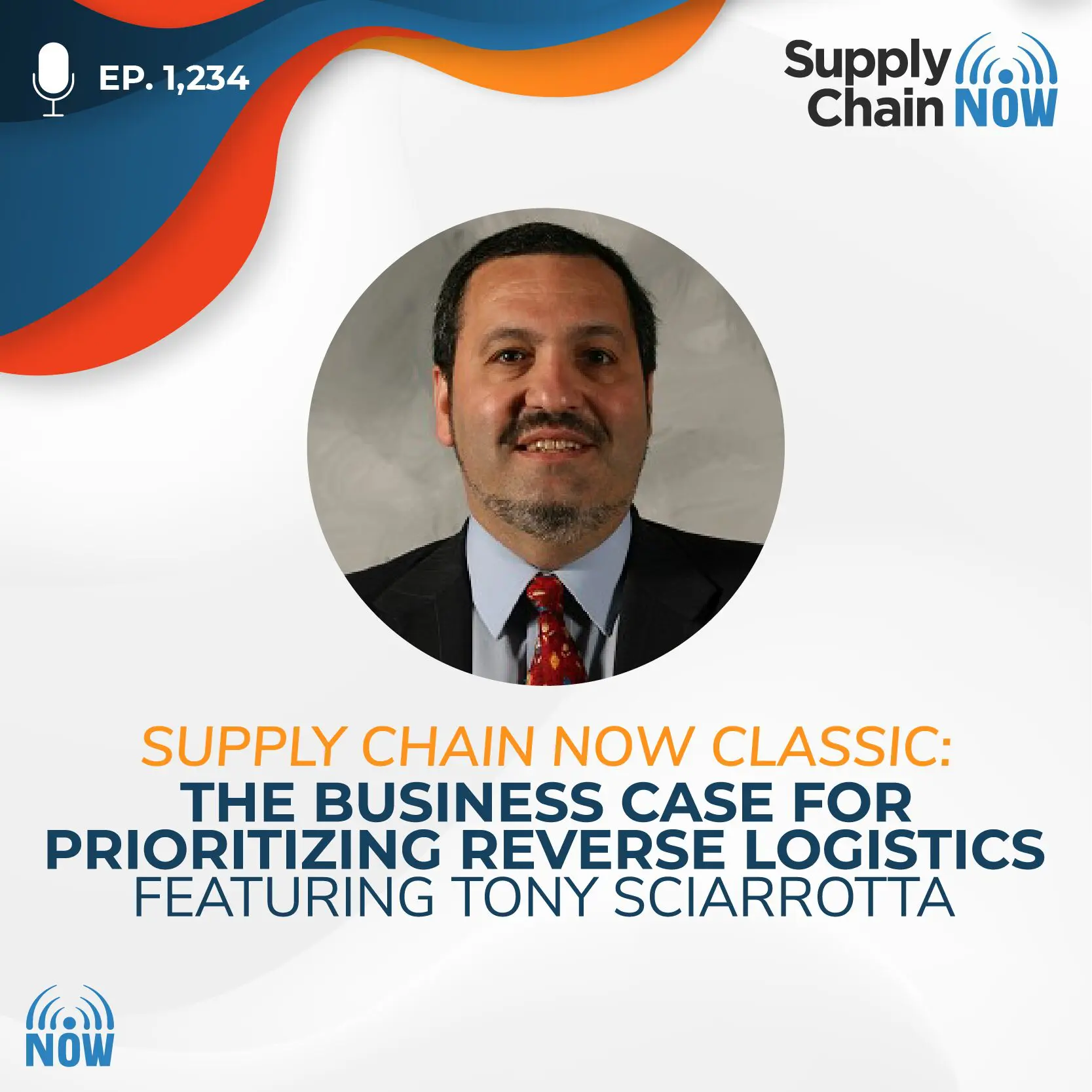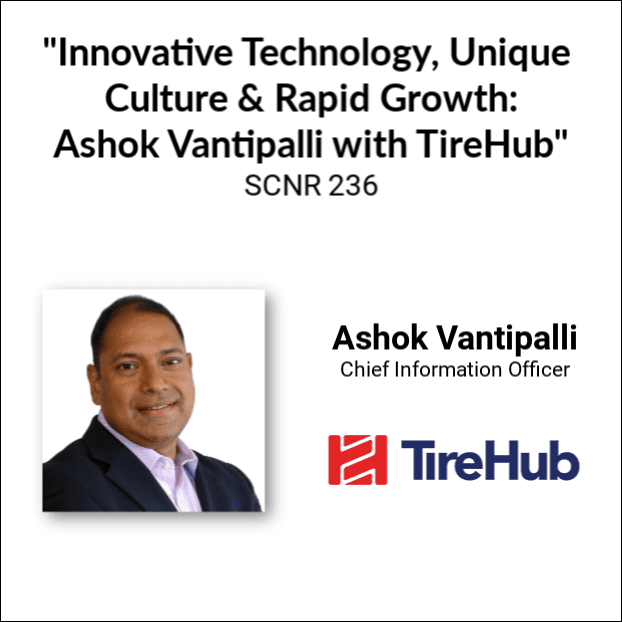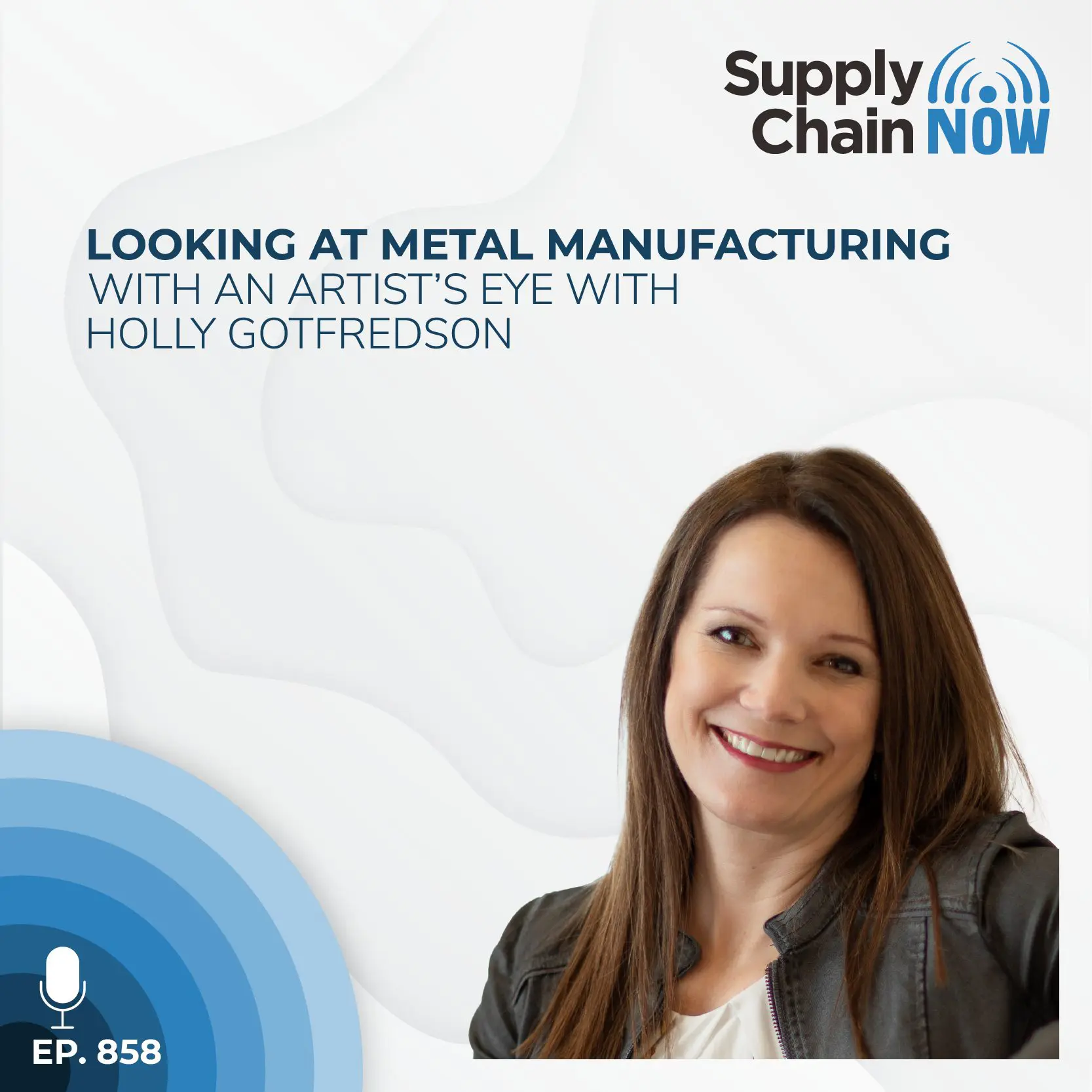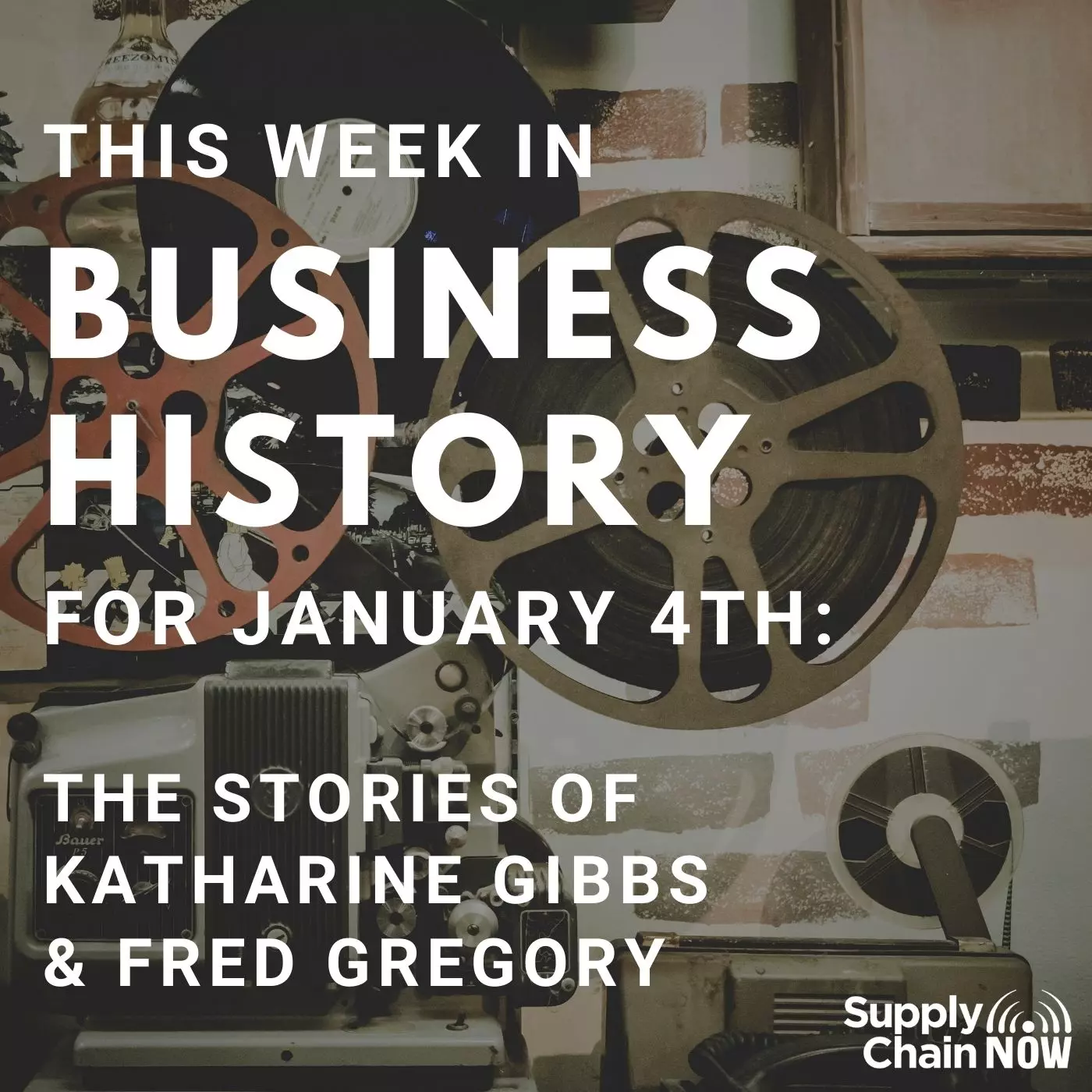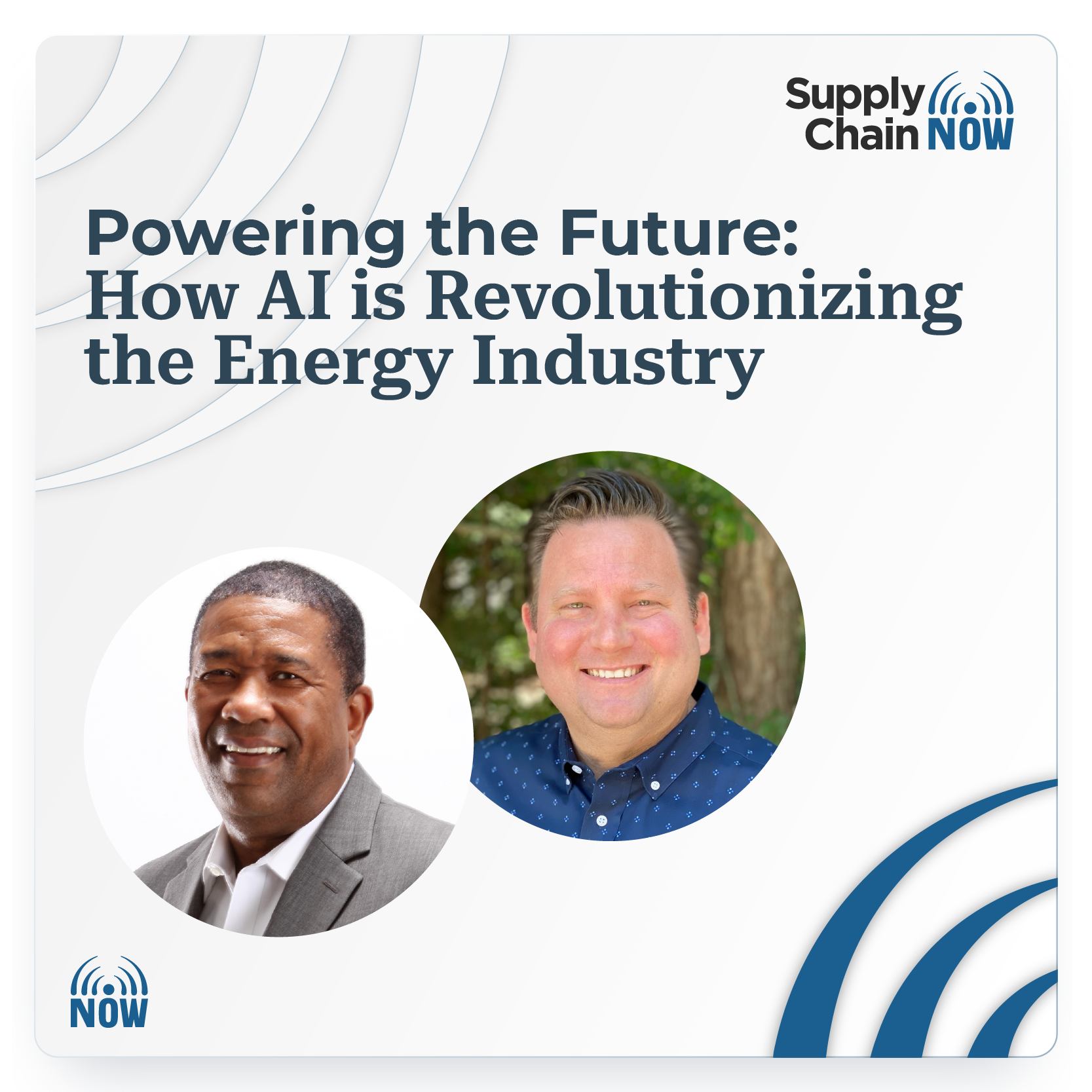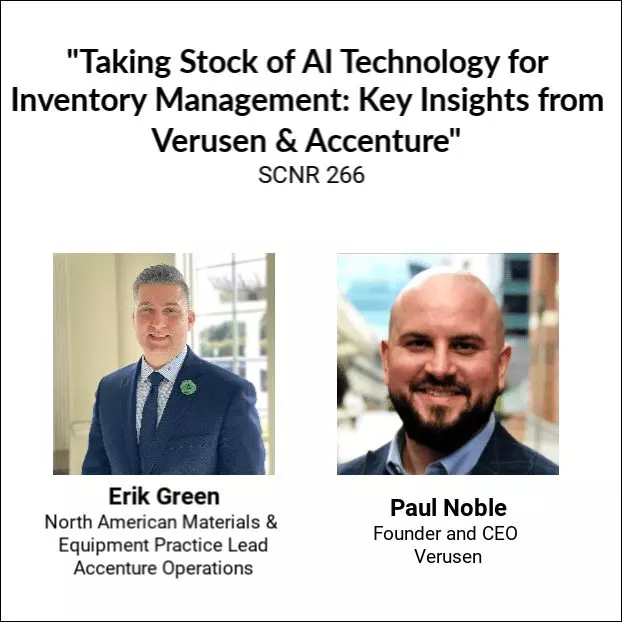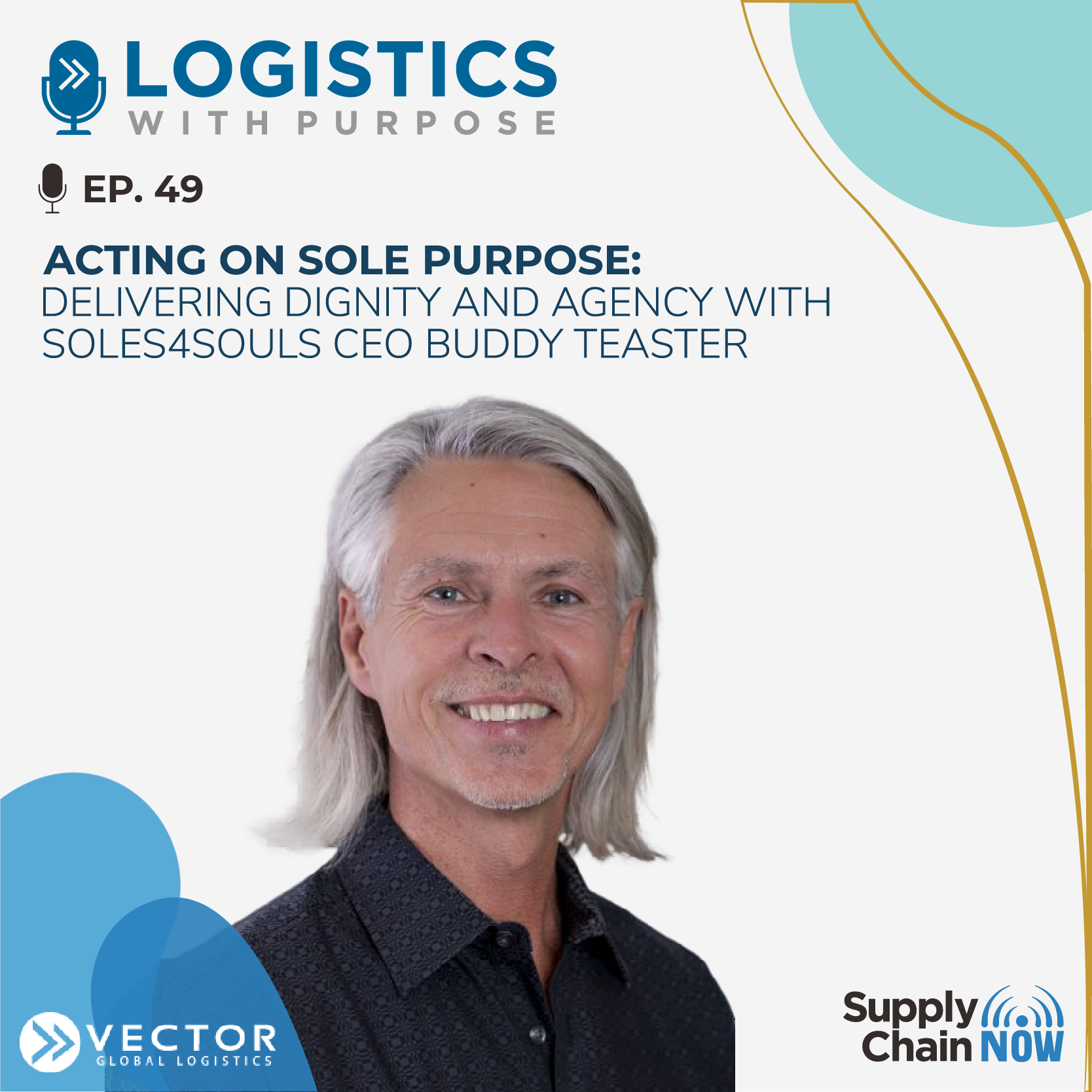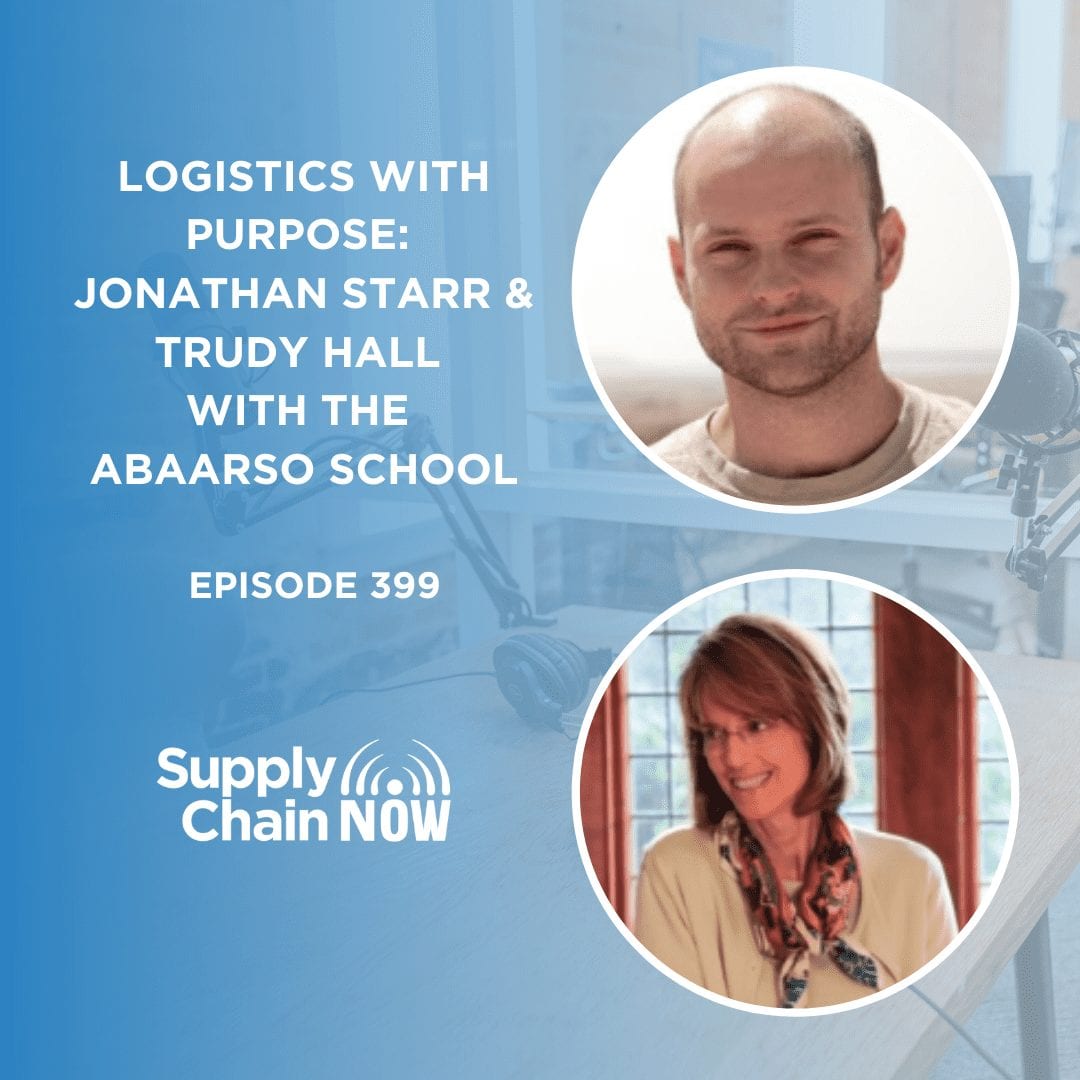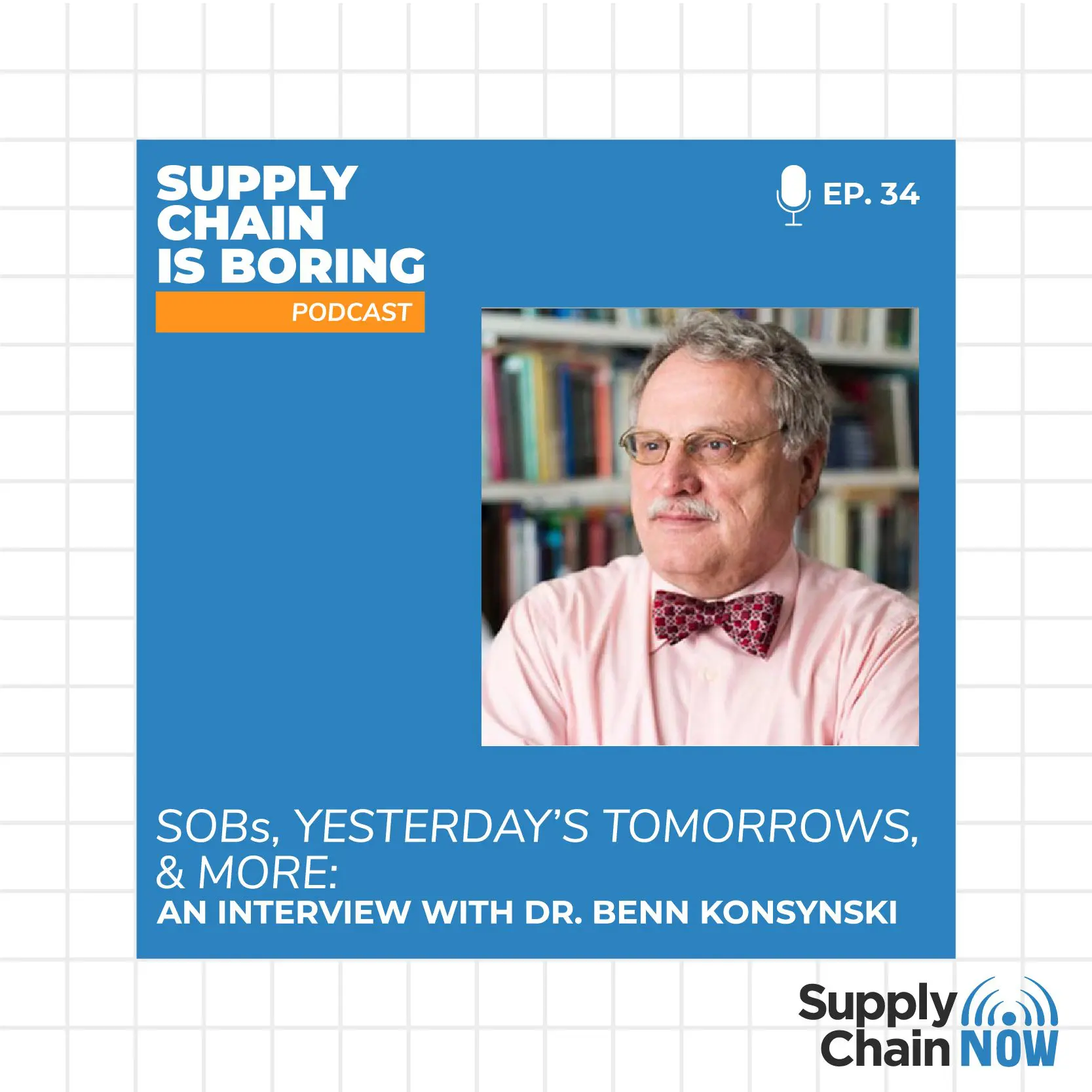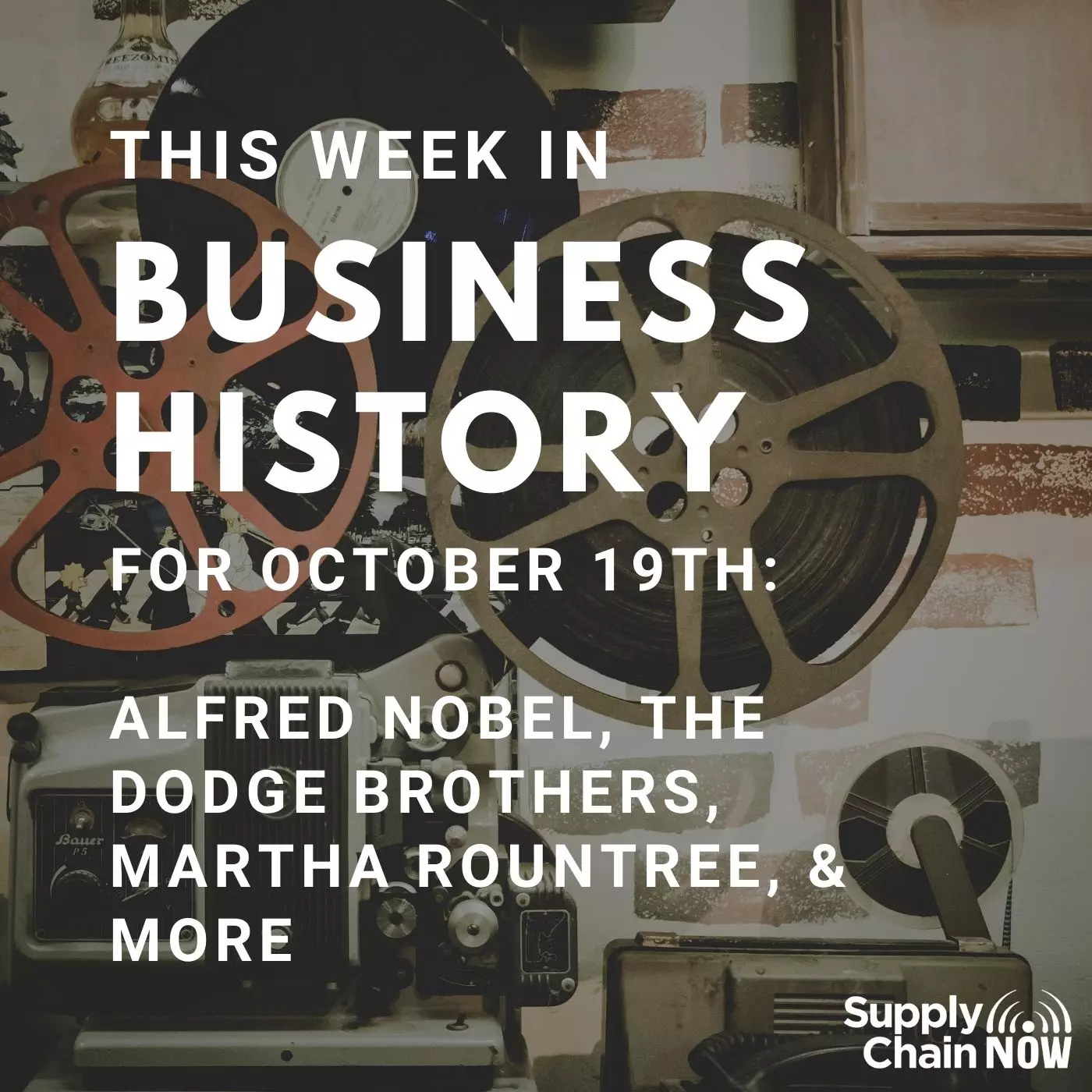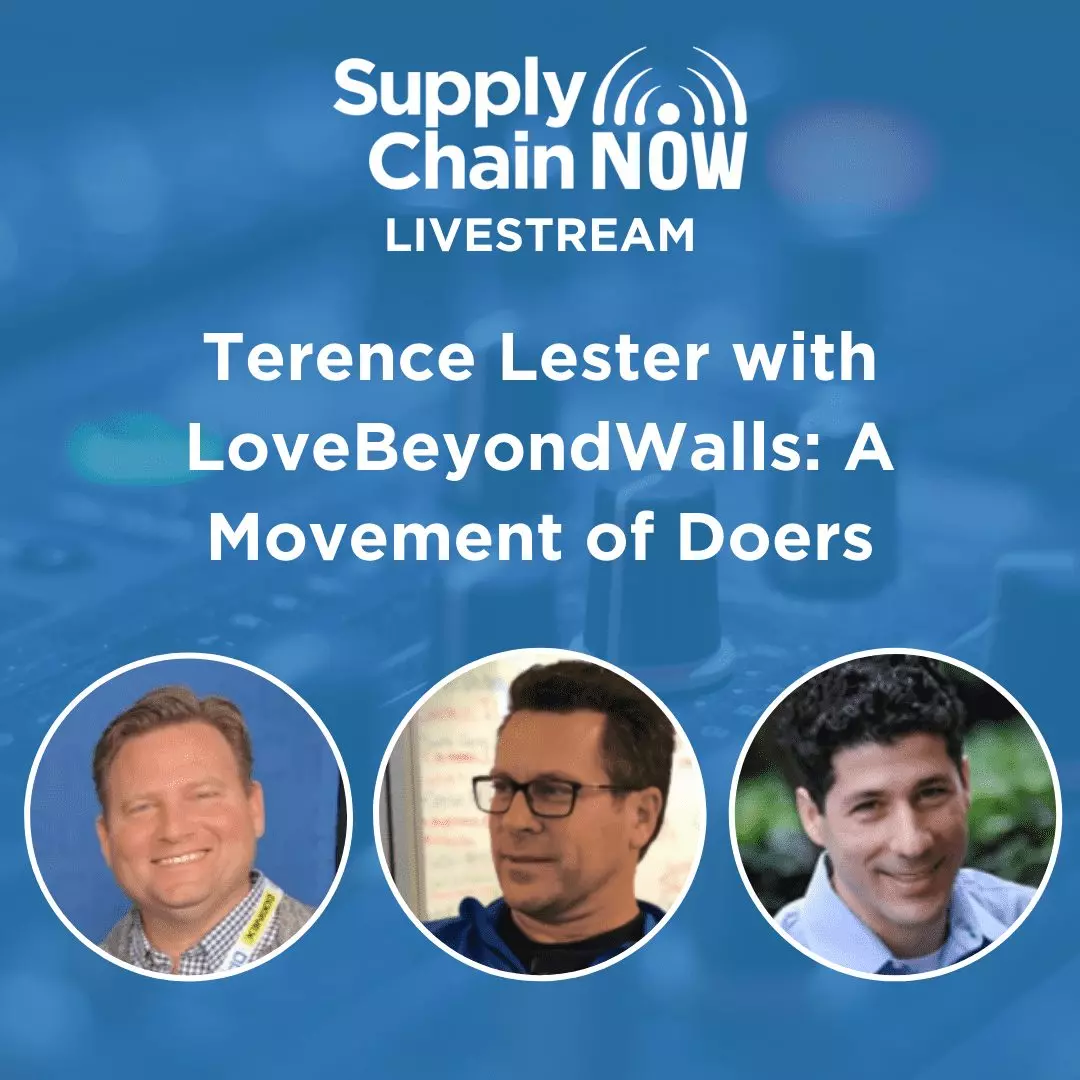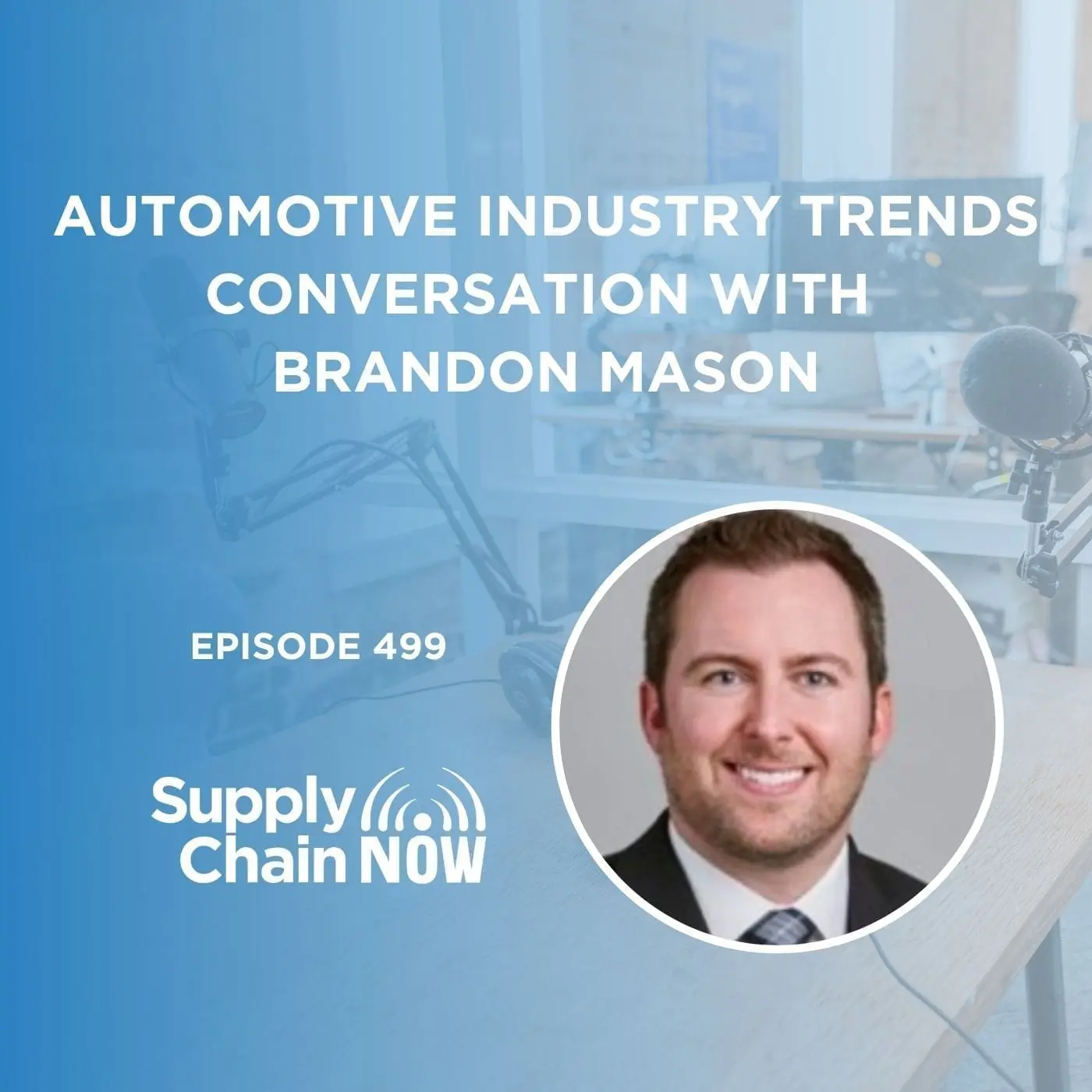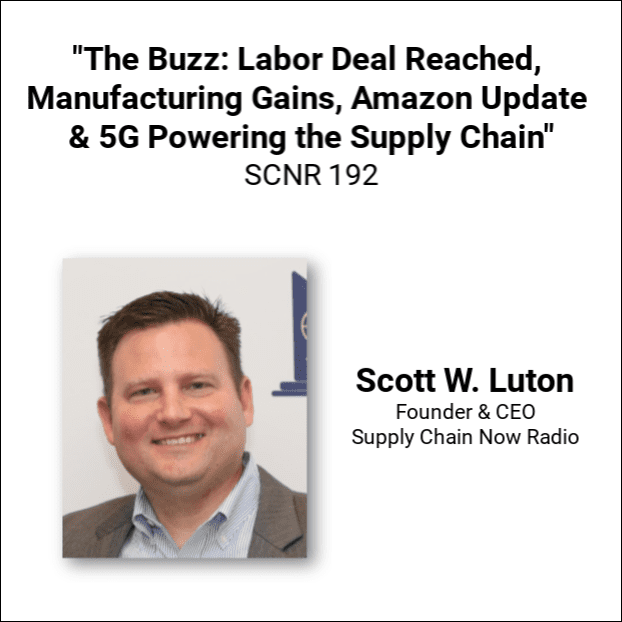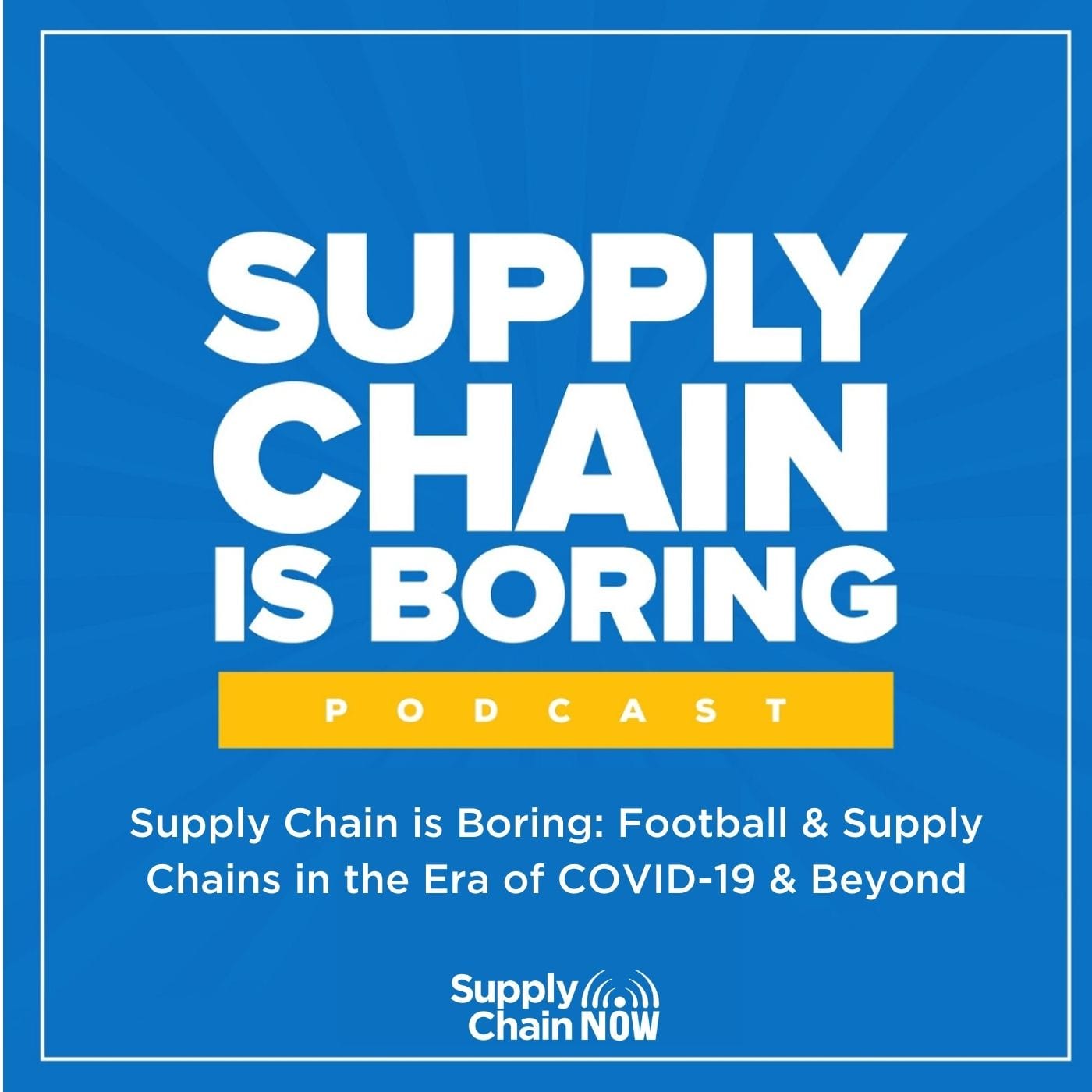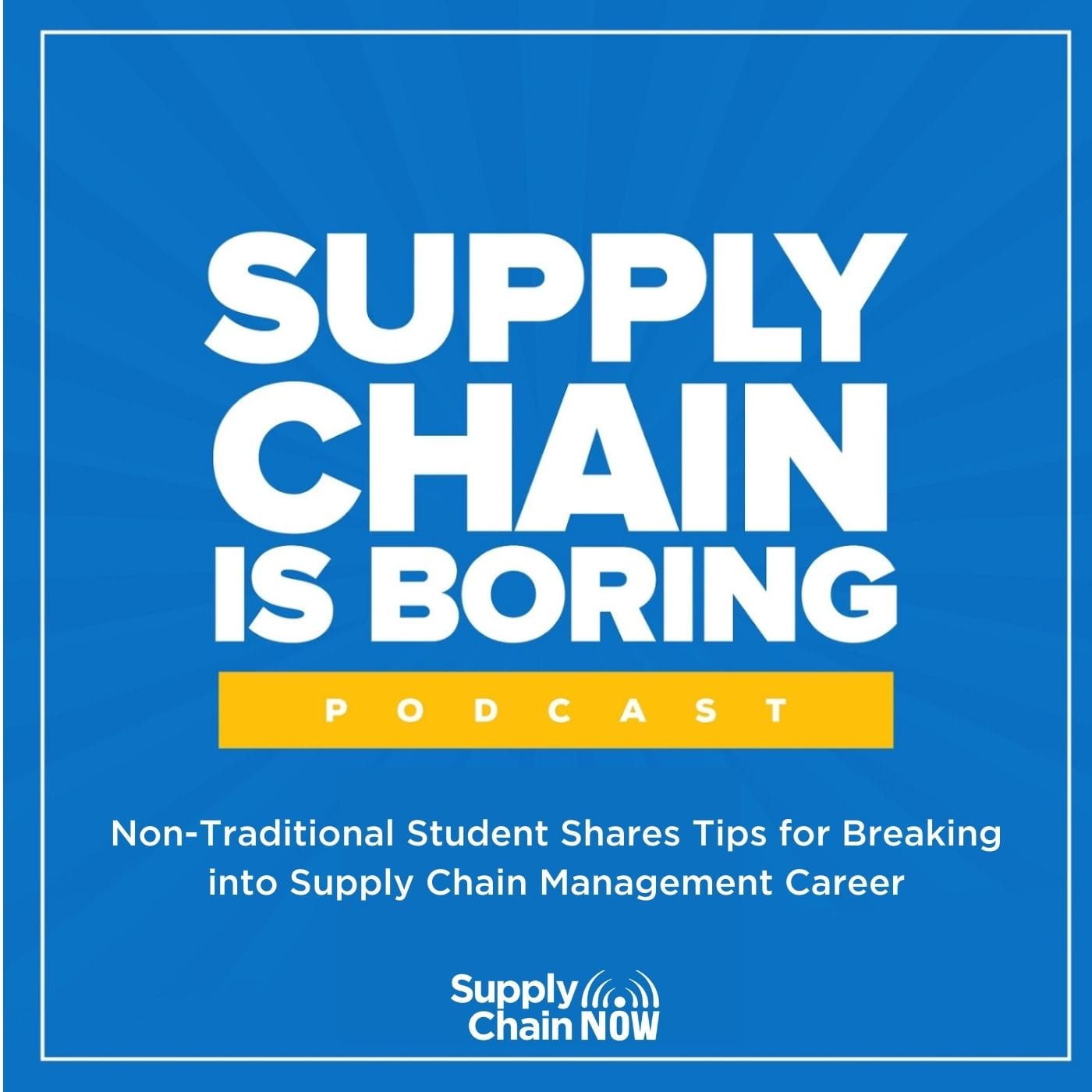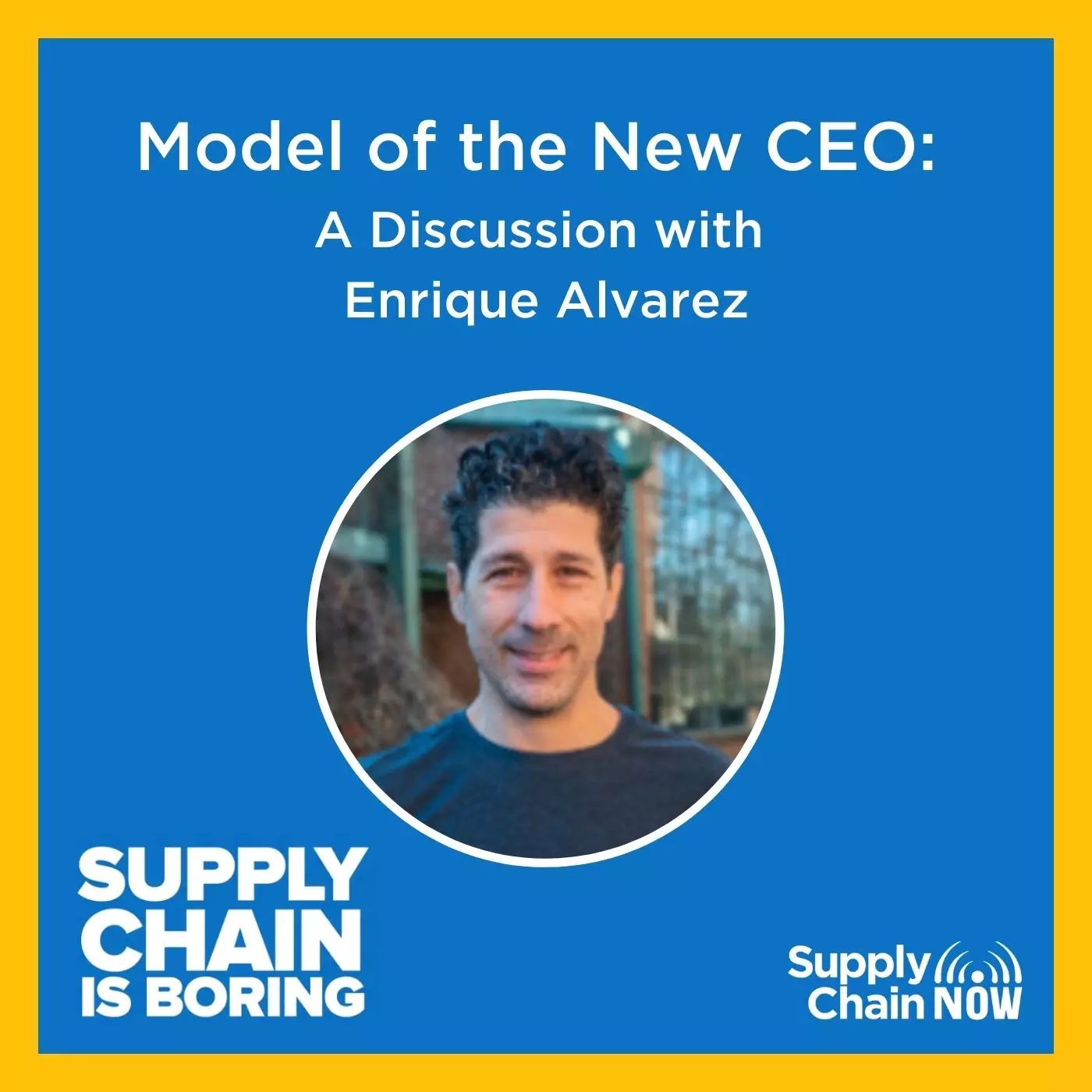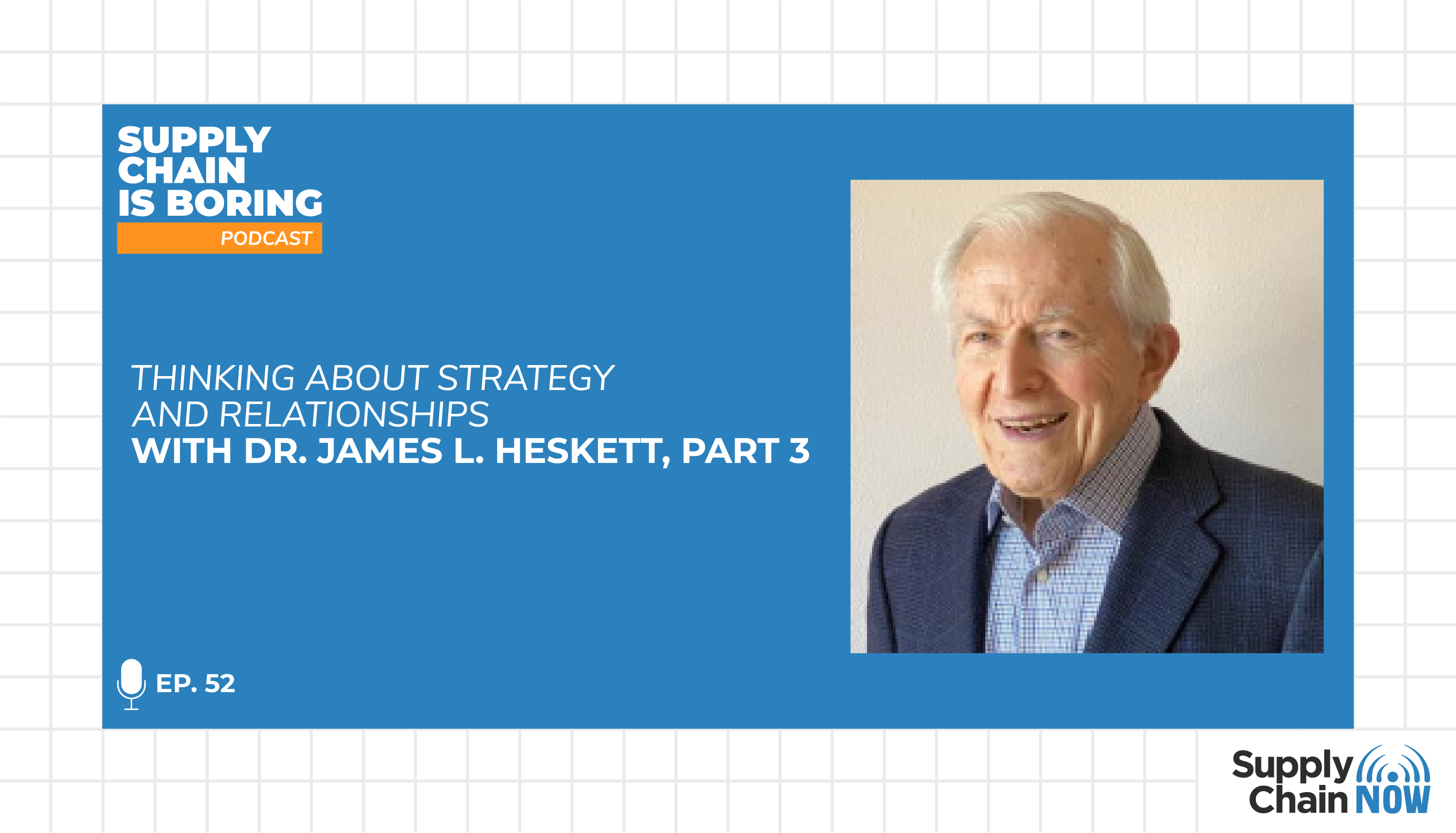
Episode Summary
James R. Stock is a University of South Florida Distinguished University Professor and Frank Harvey Endowed Professor of Marketing. He has interviewed many of the greatest minds in transportation logistics, a practice area we call supply chain management today. He shared those interviewed with Chris Barnes to be republished as part of the Supply Chain is Boring program.
In this interview, Stock speaks with James L. Heskett. Heskett is the Baker Foundation Professor Emeritus at Harvard University and holds an MBA and PhD from Stanford University. Heskett is the co-author of seven books and the sole author of an eighth, with some of his most important work being about the connection between the adaptability of corporate culture and financial returns.
In the final part of this three-part series, Stock and Heskett look back at his most important learnings and contributions to the field of logistics and supply chain.
Episode Transcript
Chris Barnes (00:06):
Hey, it’s Chris. The supply chain doctor and host of supply chain is boring. Over the years. I’ve interviewed some of the brightest minds and successful leaders in the world of supply chain management. In May, 2020. I sat down with Ken Ackerman to learn more about him and collect a little supply chain management history. After our discussion, Ken told me about a similar interview he had with Dr. James stock many years prior, and the related work Dr. Stock was doing in November, 2020. I was able to catch up with Dr. James stock to learn about his work as an academic in the field of transportation logistics. And now what we call supply chain management. Jim was well connected to many of the original academic thought leaders in the space. Jim did interviews with many of these original thought leaders and shared them with me. The list includes Ken Ackerman, Don Bauer socks, James Hasket, bud Leland, John Langley, Jr. Tom Menser, Tom SP and Daniel Ren to carry on the great work started by Dr. Jim stock. I’m dusting off these interviews and bringing them to you on supply chain is boring.
James Stock (01:13):
Now, if I could have your children or three children here and ask them this question, how do you think they would answer, uh, the question would be describe your father. What would they say? Well, that’s a good question. They, it would probably be based on what they’ve observed. Um, uh, I think they would say, uh, maybe not in these words, but, um, strongly devoted to our mother, um, supportive, um, intolerant of, uh, chaos. Um, they have seen me, uh, at the, um, immigration entrance in the Dallas airport, uh, tried to organize crowds of hundreds of people into orderly lines. <laugh> <laugh> well, they were cringing over the corner, embarrassed to death. Um, uh, and were you able to do that by the way, you know, <laugh>, it’s amazing what one or two people can do. Yes. It took, uh, uh, in a milling crowd. If you say stop people will generally stop <laugh>. Um, I think that, um, uh, those are some of the things they say.
James Heskett (03:06):
Okay. Now, looking back at your parents and you as a parent, do you think you were more like your mother or your father as a parent to your children?
James Stock (03:20):
Well, I think probably more like my father, um, uh, less, uh, is more straightforward, um, person of fewer words. Um, but, um, the words count, that sort of thing. Uh, that was, that was what my father was all about. And, um, so I think, I think, uh, he probably was a greater influence on me than my mother mm-hmm <affirmative>.
James Heskett (03:52):
Now we’ve mentioned, talked about Marilyn several times. And you mentioned going to the, uh, discussion groups at the faculty member’s house. How did you first meet her? And, uh, I’m assuming that was not your first date with her to that discussion group? No.
James Stock (04:07):
Oh, I saw her across a, uh, a room in a, uh, fast food restaurant and, um, appealed to a friend of who was, uh, actually going with one of her friends to set up a blind date for us. So, uh, the four of us, um, went to a Louis Armstrong concert. Actually, it was a dance, although we didn’t dance as I recall. And that was our first meeting. So I literally met her at the door of her dormitory. That was when we first met. Wow,
James Heskett (04:55):
Very good. And 54 years later, it still
James Stock (04:58):
Continues. It’s amazing how these things happened, isn’t it? Yes. <laugh> now,
James Heskett (05:03):
So sort of general questions, um, um, you know, you’re a well-read man and you’ve been involved in lots of activities and so forth. If you could live in any historical era of the past, when and where would it have been?
James Stock (05:23):
Well, I think, uh, one of those times would’ve been, um, Paris in the twenties and, uh, during that time of, uh, of, uh, or maybe in the late nine in the 1890s during the, the time of, uh, uh, tremendous cultural development and, uh, discussion and, and the like, um,
James Heskett (05:49):
If you could be anyone in history,
James Stock (05:52):
Oh,
James Heskett (05:52):
Who would you choose to be
James Stock (05:53):
Boy, anyone in history? What a question. Huh? <laugh> <laugh>
James Heskett (06:00):
Where there’s no wrong answers.
James Stock (06:01):
Yeah.
James Heskett (06:02):
Right. The kinda students love.
James Stock (06:04):
I see. Well, I, I suspect that, um, uh, it would’ve been pretty hard to, uh, to match Abraham Lincoln on that score, um, for all kinds of reasons that, uh, are probably reasonably apparent.
James Heskett (06:27):
Okay. And if you had an opportunity of meeting any historical person that had lived, who would that have been and sit down for an hour and just discuss,
James Stock (06:38):
Well, in this regard, uh, I I’ll give you a really an idiosyncratic answer because, uh, I was being a jazz musician. Uh, there were certain giants in that field that nevertheless were, um, extremely, uh, uh, well versed in a variety of topics. And on my instrument, Charlie Parker was, uh, one of those icons, um, whom I never saw perform. And, uh, so I’d, uh, I’d give a lot to be able to sit down with him for an hour mm-hmm <affirmative> if he’d, if he’d say anything to me.
James Heskett (07:20):
Oh, I’m sure it had lot to say from his experiences.
James Stock (07:23):
<laugh>.
James Heskett (07:24):
Um, now from Jim Hesket, the person we’ve talked earlier and, and, uh, about a number of areas, um, other than being a musician, is there any other, what we call intriguing fact or little known bit of information about Jim that people would, uh, like to hear?
James Stock (07:49):
Well, I suppose, uh, uh, another would be, uh, the, uh, uh, devoted red Sox fan. Um, we, uh, try to be at opening day, no matter where they are playing, we didn’t make it to Tokyo, um, last year, um, but have made it to several other cities in the United States and, um, uh, maintain a part of a season ticket, which, uh, is administered by a colleague, a marketing colleague that you may be familiar with a guy named Steve Grazer, who is equally strong red Sox fan, and, uh, a ticket that we have owned probably for 35 years. So, uh, which is the way these tickets tend to, uh, tend to work, uh, with red Sox. So a very devoted, uh, red Sox fan with at least one son who is equally devoted.
James Heskett (08:55):
Ah, okay. All right. So in looking both personally and professionally, if you had to limit yourself to one answer, what in your life would be the thing you were most proud of?
James Stock (09:13):
Well, I, I think maybe, maybe it’s the body of work in several academic areas. Mm-hmm <affirmative>, um, uh, one might say, well, you know, why didn’t you work on one during your lifetime and, uh, really do a good job of it. But, uh, what I’ve really tried to do is to develop, um,
James Heskett (09:37):
Uh,
James Stock (09:38):
Some bodies of knowledge in at least two areas that may have some longevity.
James Heskett (09:45):
Okay. Well, as you look back, you’ve been highly productive of your whole career in terms of articles, books, presentations, case studies, and so forth. Um, would you have done anything differently at this point?
James Stock (10:01):
Well, I can’t, I can’t think about anything that I would’ve done differently. I, um, I I’m really, uh, um,
James Heskett (10:13):
Um,
James Stock (10:14):
Excited about, uh, uh, not only the way things have gone, but the way things are going now. And I, uh, I don’t have, uh, significant enough regrets that would lead me to, to say that there’s something that I wish I had done differently.
James Heskett (10:37):
All right. And so at some point in the future, when there is no Jim Hesket anymore, and we hope that’s many years in the future, how do you think people will remember you?
James Stock (10:53):
Well, I’ve always joked that, uh, that I’d like to have on my gravestone. Uh, he came out even <laugh>, uh, but, um, I suppose we are, we’re, <laugh> remembered, uh, to some extent by our children. So I, I would certainly, uh, like to be like, I want them to have, uh,
James Heskett (11:23):
Uh,
James Stock (11:24):
The greatest success, um, uh, in terms of ideas, uh, I suspect, um, it, it would be contributions to the field one or two contributions maybe to the field of the logistics, some total cost analysis work, or, uh, service, profit chain ideas in service management, um, that would have some enduring use to someone, uh, recognizing the fact that, uh, you know, ideas go out of fashion very rapidly.
James Heskett (12:03):
Ah, yes, they do. What do you do? You know, it’s hard to believe you might have spare time, but all of us try to make time for hobbies or recreation. What do you do in your spare time?
James Stock (12:16):
Well, I, I like to garden if there is a place to garden. So, uh, and, and that’s a community activity. That’s something that, uh, that Maryland likes to, uh, to do. Obviously I do a lot of reading. Mm-hmm, <affirmative>, um, some for pleasure, but actually all of it, uh, for enjoyment, um, uh, if I had the opportunity and the space, I would build a model railroad, something that I had planned to do for years. Uh, I still take, I get model railroader magazine every month and, and read it and salivate mm-hmm <affirmative> and think about what I would do if I had the place for something like that. Um, uh, and obviously, uh, I enjoy music and practicing the piano and, uh, uh, things of that sort, which are, and, and languages. I I’m interested in languages that I suppose, relate to travel destinations.
James Heskett (13:22):
Super. So you must have developed the interest in railroads while you were in transportation with gate and Jermaine,
James Stock (13:30):
I suppose. But, uh, I had a, I had a Lionel train when I was a kid growing up too, so, uh, this goes back ways and, uh, my father couldn’t wait until I was, uh, four or five, whatever the age was too young, uh, to have a model railroad mm-hmm <affirmative> or a toy train. Okay. So it was for him, I think, not for me.
James Heskett (13:54):
Okay. Well, super, you mentioned relationships and people and other things, uh, um, what role do you know, cultural things, religious activities, uh, interfacing with friends and, and colleagues. What role does that play in that in the, in the constitution, Jim heke?
James Stock (14:14):
Oh, well, the, uh, obviously the, um, uh, the kinds of activities in which you can exchange ideas are very important. So that involves friends. Um, and, uh, we are fortunate in having friends strewn all over the world so that when we travel, we can generally, uh, reconnect, um, those kinds of relationships, experiences with our kids. Um, the, uh, the, the kinds of, uh, uh, things that occur in, uh, in community activities. Um, I’ve been a director of the community music center of Boston and a charity called the window shop and, um, some other activities in and around Boston and those all, uh, engage us with a number of other people, too. My wife is a, is a, uh, on the board of a, of a school called the north Bennett street school. And that’s a, another kind of community to which we relate, um, uh, our condominium on which she serves as a board member, which brings us in closer contact with our neighbors. Um, so it really involves, uh, ideas and people mm-hmm <affirmative>
James Heskett (15:42):
Okay. If, um, as you look back at your career, 40 plus years in academic environment, what, uh, would you say the, the main lessons that you’ve learned?
James Stock (16:00):
Well, first of all, I think you have to be yourself. You have to March to your own beat. Um, if you wait for others to define your career for you, uh, you can wait a long time and in, as you well know, um, you won’t have a very successful institutional life, uh, in the kinds of, uh, activities in which we engage. Um, I think that, uh, the, the whole idea of, uh, carrying your own share of the load in terms of, uh, uh, an academic community is really important, um, uh, doing things that you really enjoy doing and are excited about getting out of bed in the morning to do, uh, is, is really important, uh, because those who are doing things, because it requires jumping the equivalent of jumping through a hoop and, um, are not enjoying it, uh, will communicate that it’ll be reflected in their work. And, um, uh, so I, there are, uh, probably many other bits of advice, but I think you really have to, uh, be quite, uh, assertive in following those ideas about what you can really get excited.
James Heskett (17:38):
Mm-hmm <affirmative> now some people look back and, and see turning points in their lives. It could be job change, military birth of a child marriage. What would be the turning points in Jim Heskes
James Stock (17:51):
Life? Well, I suppose the, the biggest turning points, uh, were the, uh, point at which my army buddy advised me to get an MBA, uh, which was preceded by my parents, assuming that I would go to college, uh, and followed by the advice from gate and Jermaine that I get a doctorate and follow an academic, uh, career. Those would be probably the three biggest turning points for
James Heskett (18:23):
Me, unrelated. Just to curiosity question, did your, uh, army friend who eventually, uh, uh, was head of Catalina mm-hmm <affirmative> um, did he get an MBA from somewhere else?
James Stock (18:35):
No. No, he did not ever pursue his MBA. Never got
James Heskett (18:39):
It.
James Stock (18:39):
Okay. Didn’t seem to have suffered very much.
James Heskett (18:42):
<laugh> no, I’m sure not. Um, yeah. Um, as you know, here in, uh, Harvard has a, um, a PhD program, mm-hmm <affirmative> what advice, uh, would you give, uh, PhD students today?
James Stock (18:56):
Well, again, I think, uh, uh, in a, in a world of, uh, uh, complexity that, that we are engaged with today, um, there are, uh, huge numbers of opportunities for, uh, research. That really means something. And that, uh, the advice that I would give a PhD is to keep your eye on the goal that is to finish. Um, but at the same time, uh, again, to select a dissertation topic, uh, and, uh, a research pattern, uh, that is well structured, but also one about which you can, you can be excited mm-hmm <affirmative> because, um, there are days when excitement is going to pull you through, uh, and allow you to survive, um, try to do something useful, but not save the world, uh, at the, uh, at the level of the dissertation mm-hmm <affirmative>, um, because you have to remember to serve yourself as well. Mm-hmm, <affirmative>
James Heskett (20:25):
Now from the, when you, and, and, uh, I entered the academic arena. You much earlier than me. Um, the environment was different. What would you say are the most significant changes you have that have occurred in the academic arena since you began your career?
James Stock (20:47):
Well, uh, in the academic, uh, arena, it seems to me that at least in business schools, uh, we’ve become more closely engaged with the community that we study, uh, and, uh, in all kinds of ways. Uh, we’ve, we’ve probably, um, given, uh, greater credence in recent years to empirical, uh, research. And in some cases, anecdotal research, when I first entered the academic world, um, it was the world of the Ford and the Carnegie studies. And if you weren’t, uh, quantifying, uh, and dealing with, uh, quant, uh, quantitative methods, uh, you were basically a nobody. And so you, uh, we, we developed an entire generation of faculty that, uh, were highly theoretical in what they did because facts, uh, empirical facts. I, this is perhaps a cynical statement, empirical facts, I think sometimes impinged on the theoretical research that they were doing, and obviously made it a lot messier too. Uh, I think we, we grew out of that era and we’re in a, probably a much more balanced era now. Um, I think the tyranny of, of, uh, journal publication is still with us mm-hmm <affirmative>, uh, which has led to some pretty esoteric, uh, work, uh, on the part of some people. But, uh, it strikes me that in general business schools are better grounded in the world in which, uh, they, they, uh, work and live and the world that we need to understand. Mm-hmm <affirmative>
James Heskett (22:49):
Okay. Now, Jim, thus far, uh, we’ve been talking about issues that, um, we’ve discussed on all of our taping sessions with all the men and women that, uh, um, I’ve talked to and will talk to in the future, some specific questions to you based upon your interests and, and background, um, coming out of a marketing area where you were in, um, both in your program and in an early academic career, what caused you to bridge both the logistics and then the services marketing arenas? How did you move from that?
James Stock (23:29):
Well, uh, first of all, I, I think I had a natural interest in marketing because of that interest in retailing that I took with me into graduate school. And, uh, that led to a, uh, a doctoral area in marketing. We had to have, uh, those were the days when you had to have four areas, two languages, and probably some other things that, uh, don’t necessarily exist. Uh, today. Uh, the transportation interest was, uh, something that I acquired on, uh, arriving at graduate school. And I suppose as I went through my MBA studies and, and into the, uh, PhD program, it, it occurred to me that, uh, they really were so interconnected that there had to be a, a good topic, a good area of study there. And fortunately for me, it was early enough in the whole transformation that I didn’t have to do a huge empirical study. I could do something that was more conceptual and try to help define a few ideas and how they related to each other. Um, it was, and, and that led me to this interest in, uh, in, in, I suppose, what we now call distribution, but it was more supply chain management really, and, uh, and an integrated approach from source to customer. Um, so it was certainly the interest of my mentor combined with my own interest that led me to this, uh, topic and, uh, the idea of putting these areas together.
James Heskett (25:24):
Okay. And in terms of, um, you know, early on you were the recipient, uh, what’s now called distinguished service award mm-hmm <affirmative> by the organization when first started national council, physical distribution management, right. How did you get involved in that early logistics group?
James Stock (25:45):
Well, I, I have a fuzzy memory. Uh, I was not a founder, uh, to my knowledge, I don’t think I’m on that list. I believe I at least attended the second meeting of that group. Uh, by that time it was, uh, full 25 strong or so I, I don’t remember very many people being there. Uh, most of them were academics, uh, but there were a few practitioners, uh, there, I believe that four or five papers were actually presented at that meeting. We had a, kind of a paper, uh, bound, uh, proceedings, as I recall, I may still have a copy of one of those. Uh, and at that meeting, of course, I, I met, uh, people like ed Myk and Don Bower SOS, and, uh, and some of their, uh, some of our mutual friends, um, the, uh, one thing led to another, and, and after several years I had presented at several of the meetings, uh, and, uh, and we actually then developed an administrative structure, a guy named George jits.
James Stock (27:05):
Mm-hmm <affirmative>. Do you remember George mm-hmm <affirmative> yes. And, um, and I, George and I hit it off pretty well. And, um, I believe I was program chairman if I’m not mistaken for about the 1970, uh, meeting, I believe it was in Philadelphia. One thing I remember about that program and the one thing that George never let me forget was that, uh, I engaged a, a speaker that I have had come into contact with, through some work on the, um, the Kennedy foundation, which was, uh, for special Olympics and that sort of thing, uh, with a guy somewhere down here who had basically a pyramid selling scheme, which had been very successful. And, uh, he gave, I had seen him give a talk called dare to be great, and, uh, and invited him to give this inspirational talk to our, what was the national council of physical distribution colleagues and among other things in the middle of his speech, he would jump up on the head table and, and, uh, engage in some cheerleading activities.
James Stock (28:22):
<laugh> I believe the, the fellow ended up doing a jail term several years later. I don’t remember <laugh> and George, so he had never forgotten that particular, uh, session. So there were, there were some, uh, association activities. Uh, I, I guess, uh, some of the general writing I served on a couple of committees. I think we developed, uh, maybe we, we, uh, helped formulate, uh, some ideas for research and that sort of thing that, uh, may have led to the nomination and they had, uh, I think they had given it to the other early academics in the process. And maybe I was one that was left over by, was it 1972 or whatever it was, I don’t remember.
James Heskett (29:07):
Okay. Very good. Are there other professional organizations that have been influential and important in your career?
James Stock (29:15):
Well, I suppose the American marketing association I’ve, uh, appeared on several of their programs early on and, uh, uh, have obviously been influenced a lot by, uh, I, uh, members of that organization and the publications of that organization. Um, I have not been an active, um, uh, member of any other associations. Um, I’ve really, uh, chosen instead to serve as on the editorial boards of some of the professional association, um, publications, uh, journal marketing research, um, the journal of business logistics going back journal of international service management, so forth and, um, have decided to sort of try to contribute in that fashion.
James Heskett (30:15):
Okay. Now, as you look at the logistics and some people would say supply chain management profession, uh, today, what, what do you envision its direction being
James Stock (30:31):
Well? Um, in a general sense, it seems to me that, uh, we’re going to be, uh, you mean looking into the future mm-hmm, <affirmative>, we’re going to be dealing with, um, issues related to certainly the entire supply chain from origin to, to final destination. And the, and it seems to me around a couple of, uh, areas, certainly information that is the impact of information on the effective performance of a supply chain mm-hmm <affirmative>. Um, I did a simulation back in the sixties. It was basically a simple classroom simulation collected some data and concluded that that knowledge of inventory throughout the chain was the single biggest, uh, uh, had the single biggest beneficial impact on the performance of the entire chain. So at that time, we really didn’t have the capability to, uh, to manage the information through all the players in the chain,
James Stock (31:47):
Let alone the inclination to share it. I think there’s, uh, we certainly have the capability today, the inclination to share it. It seems to me is perhaps growing if, uh, if we can prove that it has beneficial effects. And I think probably the one big trend in this field will be in sort of comprehensive studies of the impact of information availability on management decisions in the chain. That’s one of the things that interests me about the board, the, the, the one board that I do sit on at limited brands, because we have control of the entire channel from source to ultimate customer, and, uh, have spent a very large amount of money to develop the capability, to manage that inventory through the entire channel and are just now realizing the advantages of it. Uh, and these are advantages that could be realized by independent companies operating as, uh, together, uh, for a more effective supply chain.
James Stock (32:54):
I think the other side really has to do with technology, uh, going forward and the impact of technology on what we do in the supply chain and how we plan for, um, various configurations, obviously energy, uh, and the, um, uh, the use of, of energy, uh, efficiency as an, uh, as a, uh, an objective of certain studies will be important, um, uh, which leads us into new technologies as well. Um, uh, we’re going to be, I think, uh, uh, focusing on the interplay between technology and human inputs, the kind that means the kinds of jobs that people are gonna be doing in the supply chain will be changing the way in which they re interrelate with technology, uh, will be changing. And so it’s going to impact not only our research, I think, but the way we train people, uh, to go into the field, uh, it no longer matters whether you can read a tariff, I think, uh, as opposed to understanding the complexities of, or the possibilities of the effective use of technology.
James Heskett (34:22):
One last question, have you ever wished that, uh, you could be 30 years old again, knowing what you know now in order to be part of this future of supply chain management, sustainability, all the other things going on in marketing and distribution?
James Stock (34:44):
Oh, well, I think this is, uh, there’s never been a more exciting time, uh, in terms of the size of the challenges and the possibilities for meeting them. Um, that is, this next generation is going to encounter challenges that we didn’t ever even think about. But at the same time, I think, uh, we will have the technology, the information, um, one would hope the, the policies, uh, with which to cope with these problems and, uh, and challenges. And it’s, it, it seems to me, this will be an extremely exciting time for research and teaching, uh, and learning, um, that, um, we can only sort of imagine at this point, uh, think of it, uh, 10 years ago, we didn’t have email, for example, it, it seems as if things are moving exponentially and if they continue to do that, think what this world is gonna be like 10 years from now.
James Heskett (35:56):
Well, Jim, thank you very much for sharing with us. Uh, something that we won’t, uh, see in your textbooks and articles, the other side, if you will, of the person. And we hope that the audience, uh, has gotten a richer view of, uh, not only Jim Heskes, uh, publications and books and articles, but also the man behind those writings. Thank
James Stock (36:19):
You. Thank you, Jim, for having me, uh, for this interview
Chris Barnes (36:25):
Supply chain is boring as part of the supply chain. Now network the voice of supply chain, interested in sponsoring this show to help get your message out. Send a note to chris@thescd.com. We can also help with world class supply chain, education and certification workshops for you or your team. Thanks for listening. And remember, supply chain is boring.
Featured Guests
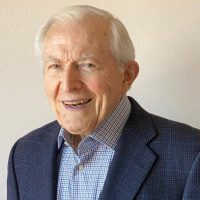
James L. Heskett is UPS Foundation Professor Emeritus at the Harvard Business School and author of his latest book, With From Within: Build Organizational Culture for Competitive Advantage. He completed his Ph.D. at the Graduate School of Business, Stanford University, and has been a member of the faculty of The Ohio State University as well as President of Logistics Systems, Inc. Since 2000, he has authored a blog on the school’s Working Knowledge web site.
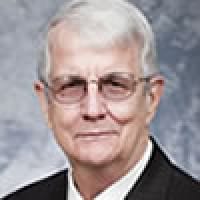
Dr. James Stock has been honored internationally three separate times for his achievements in supply chain and logistics management by the industry’s leading professional organizations. This year, he will receive the Supply Chain Management Professionals’ Distinguished Service Award – the highest honor that an individual can receive for their achievements in supply chain and logistics management. In addition, he will also be honored with the Special Lifetime Logistics Service Award by Yasar University in Izmir, Turkey and the 9th International Logistics and Supply Chain Congress for his outstanding achievement and continuous contributions to the field.
During the course of his 35-year career, Stock has also been honored with, DC Velocity magazine’s “Rainmaker for 2006” and has been awarded the Eccles Medal and the Armitage Medal by SOLE – The International Society of Logistics.
Stock has more than 150 publications in the field. He has authored six books and his publications have been translated into five different languages – Chinese, Czech, Portuguese, Russian, and Thai. He has also traveled to 46 countries on six continents to conduct research, lecture, or do consulting work for various organizations and universities.
Before coming to USF in 1989, Stock, the Frank Harvey Endowed Professor of Marketing at the College of Business, taught at Michigan State University, the Air Force Institute of Technology, the University of Oklahoma, and the University of Notre Dame. He holds a BS and MBA from the University of Miami (Florida) and a PhD from The Ohio State University. Stock is an active member of numerous professional organizations, former editor of the Journal of Business Logistics and International Journal of Physical Distribution & Logistics Management, serves on many international editorial review boards, and is on the USF Honors and Awards committee.
